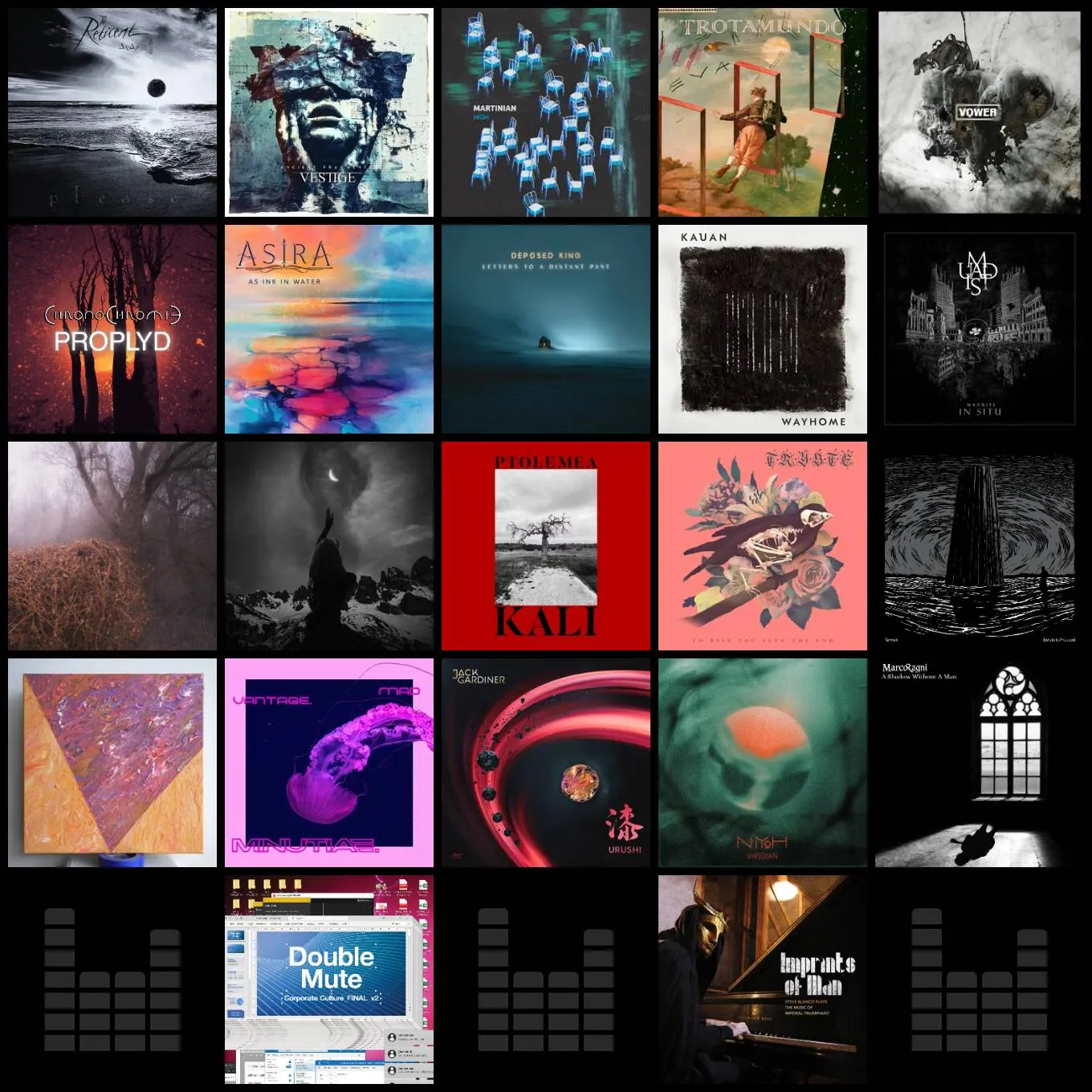
Dario: Welcome back to another episode of the Progtalks. I’m your guest host Dario. And this is my second episode for the Progtalks. Thank you again, to Rune, Van and Matt for having me. And yeah, today I have calling from the UK, Rich Gray from Aeon Zen. Hi, Rich how are you doing tonight?
Rich: Hey, I’m I’m good. Thank you. How you doing?
Dario: Great. And I’m super excited to talk to you about the new Aeon Zen album, which is called “Transversal”. It’s going to be out on September 24th on Layered Reality productions, and it is a very, very special one. So I want to know everything about it. And I think talking about “Transversal” is not that we, we, we can’t talk about “Tranversal” if we don’t talk about the, the history of Aeon Zen as a band. So I was just relistening to, to the whole discography and maybe we could also now like work our way towards Transversal throughout the history of Aeon Zen. If you were up for that.
Rich: I can give it a go. I’ll see what I remember. So a little while, but
Dario: maybe start at the beginning. Your first output with Aeon Zen was in 2009 and mine’s portrait. If I’m informed correctly,
Rich: you are correct. Yes.
Dario: So yeah Far as I know, you’re the mastermind and founder of the band. So how did this project come about in the first place back then?
Rich: Yeah, so it came about originally because I’d been in a few bands that sort of either fizzle out or I have member problems and things just. Like first bands, do you know, they rarely actually go anywhere. So I decided after a while, like I I’ve been in like bands at school and then I joined a band called “Timefall” where I met a couple of really great musicians who were featured on —– and stuff since.
But again, that sort of had problems in just. Picking up steam and keeping the momentum going, like we had an album out and that sort of thing, but it just kind of fizzled out. So at that point, I’m thinking like, well, I’ve been in like a number of bands where I’ve been trying to get things going and have collaboratives bands and everything.
But it’s just not working so I can play these most of these instruments, like aside from the drums, which I haven’t done on albums and like the high power metal vocals that I don’t tend to do. But other than that, like I can do everything. I can write the songs. I can even write the lyrics and record almost all the instruments myself. So that’s basically what I did. And that’s what turned into “A Mind’s Portrait” was like the first, some of the like first tense, proper like Prog songs I’d written where basically that album.
Dario: Wow. And, and you managed also to get a whole host of singers for that album
Rich: yeah. Like on that album, we’ve got like Nils from Pagans Mind who else was on that?
One? Of course, Andy was on that album, Andy Kravljaca, who has been with us ever since. So he’s actually the only guy other than me, that’s been on every single Aeon Zen album, which is quite cool. But yeah, like I, I got in touch with… the latest thing is that I liked, because I thought like I can do like either death metal kind of vocals or more sort of lower mid range kind of stuff, but the sort of power, progressive metal kind of stuff, isn’t really my forte. So I thought I’ll get in touch with a lot of singers I really like. And at the same time, that’ll sort of give me a bit of a boost, in terms of like getting it out to people. Cause they’re going to say, oh, I really liked that singer. What’s this band, you know? And that’s just kinda how it happened. I just wrote to singers that I really liked. And luckily they were keen to be a part of it.
Dario: Yeah, I was listening to the other day and the second track “Time Divine” where Nils sings, I was like, well, okay, this is a, the most Pagan’s Mind song I have heard outside of Pagan’s Mind. I also had this like cosmic weird thing going on, mood wise or atmosphere wise. Do you have a favorite track from “Mind..”?
Rich: I have to remember what’s on there. I quite like maybe “Blinded Rain”. I think might be one of my favorites, because it goes from the sort of laid back staff. It gets a bit heavier than it’s got this big, like Spacey-called midsection. That’s kind of a bit more modern Prog kind of in a way, like it’s, it’s got that sort of atmospheric Spacey more like bigger kind of feel to it. The neither like a traditional sort of power, metal, progressive kind of stuff, or like more retro kinda like Genesis kind of stuff. So I think that kind of has a good blend of everything.
Dario: Yeah. You just, you just mentioned the, the, the power metal influences and also the modern Prog influences overall, when you started out writing stuff for Aeon Zen back then what were you main influences? Did you just pick your favorite sounds and, and, and, and see what, what will come out there?
Rich: I store it all together (Laughs)
Dario: Like from, from an outside perspective? It’s ah… it’s pretty… for the prog metal for, for someone who knows prog metal scene and, and most popular directions, the big prog bands are, are going At the core, I would say Aeon Zen was mostly more leaning toward towards a more like traditional melodic sound. But, but you always had your, also your modern influences and more modern guitar sounds or riffs.
Rich: Yeah. Yeah. Cause I think like, especially the first couple of albums have more of a kind of retro Prog sound to them than the later ones, which get more into the metal territories. And it’s kind of interesting that it came about that way.
Cause I was going to say like when I was first getting into even metal, like, it was all about like like bands, like Death and like heavy like death metal bands with the stuff I got into first, before I then like found like Dream Theater, Symphony X, and then I went back further to like, you know Yes, and Genesis and the like, progrock, like I did it all backwards. So, (laughs) so, so, so I think by the time. I wrote “A Mind’s Portrait”. I was more focused maybe on sort of slightly older sounds. But then of course having played like metal stuff for so long back obviously was a big influence still. But I think at that time, like I’ve been listening to a lot of Frost* which is more of a sort of prog rock kind of thing. And then the obvious ones, like Dream Theater, Symphony X and, and stuff like Spock’s Beard yeah, which I think it kind of shows on the first album, because it’s got more of that rock influence.
Dario: Yeah.. could be. I wrote two more bands down that are a little bit smaller that popped into my mind listening to “A Mind’s Portrait”, that would be Sun Caged and Andromeda.
Rich: Yeah, definitely. Andromeda, I think like some of the wackiest sections maybe have a bit of Andromeda to them. Yeah.
Dario: And Sun Caged, more of the melodic stuff.
Right. Cool. Moving on to your second album, “The Face of the Unknown” 2010. And you just mentioned Frost* and I see Jim Godfrey was on there and also Michael Ericksen and yeah. What do you remember from that album?
Rich: Well, it was pretty soon after the first album. So yeah, a lot of these songs were kind of written around the same time. But I think it has, it, it has a slightly more modern feel like there’s more, I’d say there’s more metal sections on this one than the first one. And. Yeah, it was just sort of, I just really wanted to keep momentum going with this album and not be one of those bands that sort of starts out, puts an album out then five years later, you get another one, you know?
Yeah. And I’m trying to remember how it went down. Really. Yeah, again like vocally, I reached out to more singers that I really liked. Like you said, Jim from Frost* and there was Nick from Spock’s Beard. Michael from Circus Maximus. And Johnny. From Eumeria who I was in “Timefall” with. So that’s where he came from. That’s the connection with him was he was in like my first, like real band. They put out an album.
Dario: Whatever, happened to Eumeria. I mean… they put on something and then they disappeared…
Rich: I heard they’re still working on a second album. I don’t know. I don’t have any insight.
Dario: It’s going to be like this, like a, the followup to a “Skeptics universe” from Spiral Architect.
Rich: Well, I’m sure when they do put it out, it’ll be amazing, but you know
Dario: Any, any favorite songs that you remember from “The Face of the Unknown” from 2010?
Rich: I remember “Natural Selection” came about really quickly. Cause it was like that 1, 5, 4. Yeah, yeah. Yeah. Cause it was like, I think it was basically that one riff that goes through most of the song. And then there’s the sort of bridge section that changes key like three or four times.
But I like that one because. It’s a bit of a curve ball, especially with Jim’svocals on there, because it’s not like your typical metal kind of stuff. Like his voice is it’s a bit more like mine in terms of range. But I think it as such a cool quality and I had this thing that was like, I think originally the working title for it was like Porcupine Tree or something, because it has that kind of like the guitar effects on it. Like, like just reminded me of like…”Fear..” Of was it ..”Fear of a blank planet”? Is that what it’s called? Yeah. Cause, cause that’s where the idea for that one came from. But yeah. Then stuff like “Visions”. I liked a lot as well, which is a sort of like, that was actually inspired from Andy’s vocals being on the first album.
Cause he used to be in Seventh Wonder and then listening to Seventh Wonder, it’s kind of got those like bass guitar, unison and runs and that sort of thing. And that’s what kind of got that song going. But yeah, I mean, Th th there’s too many songs I like, which I suppose is a good thing for your own music. If you still enjoy them, like 11, 12 years later…
Dario: you just mentioned the bass guitar and you’re kind of of course live you, you, you always been playing Bass for Aeon Zen, and that’s also why you’re kind of regarded as a bass player as your main instrument, maybe also, because you also joined an Annihilator with that instrument.
I think it’s kind of unusual that you will have the bass player is the mastermind of the whole band, but you also mentioned that, that you, you you’re multi-instrumentalist and except for the drums, you. Yeah, you can play it, play all the instruments in the studio.
Rich: Almost all the albums. I recorded the guitars, the bass, the keyboards whatever other little touches and like backing vocals and even lead vocals on some tracks I did.
But I think like in terms of the bass, I’ve always just steered towards the bass a bit more than your guitar. I’ve just in terms of like what I enjoy playing. Like if I’m going to play live, like I want to play an instrument that I really enjoy playing plus, you know, like, well, why didn’t I, and I’m going to say it’s easier, but I just find it, it just kind of works for me. A bit better and I can kind of like get in the groove a bit more and feel the music more playing bass live. It’s just more fun to me, I think
Dario: Yeh bass is a group instrument in exactly that.
Rich: But also like trying to write things on bass that people don’t usually. So it’s not just like following a guitar riff all the time, you know? Like I find that moreinteresting in that I can kind of experiment and explore more on the bass than maybe on the guitar, especially in metal, because you know, it’s all about big riffs and that kind of thing. And if you can find a way to work the bass into that word, it’s not just copying the guitar, then that’s kind of fun, I think.
Dario: Yeah. Moving on to, to “Enigma”. In 2012….
Rich: 13, wasn’t it?
Dario: September 10th, 2012, according to Metal Archives.
Rich: It was delayed until…. January the something 2013
Dario: Alright! So Metal Archives is wrong. Here, it says January 22nd on Nightmare Records.
Rich: That’s the one.
Yeah. Because originally the reason for that was that I was going to self-release it again like I did with the previous well, it was with my own record label which I did for the first two albums. and then.. I was going to do that for “Enigma”. And then I decided like fairly last minute to actually work with Nightmare Records. Cause you know, they put forward a really cool deal and Lance is a really cool guy that runs it as well. And it just kind of all fell into place. So we decided to just delay a few months, get everything in place and then we’ll put it out beginning of the year after.
Dario: I am surprised that the Lance is not singing in one of the songs,
Rich: It was already done!
Dario: But it was actually the album with yeah, well, it says here it’s kind of, Andy was more permanent band member back then already.
Rich: Cause, cause it was in 2011. Sor of mid 2010 when we started playing live. But 2011 was when it sort of picked up and we did things like we toured with Devin Townsend and that sort of thing, and it became more of like a unit of people.
So then by that point, Andy was basically like, the lead singer. I had this big concept album where I wanted multiple vocalists still because it just worked with the way the album is structured and how it all flowed together. So it’s kind of like the way I see it is like, Andy is like the lead vocalist on that album. And then there’s guest vocalists around him in a way. Even though they kind of split the same amount of time. That’s just kind of how it is in my mind, at least.
Dario: All right. My my favorite song I, that I put down would be “Artificial Soul”. So that’s kinda the, the, the first one after the intro.
Rich: Yeah, I liked that one because it kind of has this huge builds towards the end where it’s got those really like, almost kind of, djenty kind of riffs at the end.
I’m trying to think. Cause I kind of, the way I wrote it was basically in like one long, sorry, one long queue based project. And I just kind of wrote from beginning to end as one thing. So when it comes in terms of like picking a song, (laughs) I kind of see it as one song, but I have to actually look at the track list. Hang on.
Dario: We’re going to talk about about something in a second. I guess when we were talking about the album.
Rich: But I was going to say, I think that, cause I just had a quick peak I think my favorite might be “Warning” on there. Cause it’s got that kind of, I don’t know. I really liked the swing to it and the kind of long drawn out intro that’s kind of chilled out and then it just explodes.
And I love that moment where it all kicks in. Like that was one of my favorite things I’ve maybe ever written, I think.
Dario: Oh wow. Awesome.
Rich: With all those layers coming in. Cause I remember like.. the main… like melody line “dududududu”. That thing? I remember actually like sampled my voice at every single one and like put loads of effects on it and then doubled it with guitar and keyboards. And it was just like so many layers that it was a lot of fun. (Laughs)
Dario: Yeah. Yeah, come to… to the new album. There’s still a couple of things that came out. There was a little “Self Portrait” EP…
Rich: Yeah! Like a reworking of a few tracks from the first album.
Dario: Yeah. And then there’s two full length albums coming. The first one would be “Ephemera”. 2014, respectively, 2018. When you put out the, the extended version with the narration or the audio book or whatever you want to call it…
Rich: Yeah I think we called it an audio book. Because originally that was like, I think it was a pre-order incentive. Cause I’d written all the lyrics to the album. It’s another concept album similar to “Enigma” was and it actually follows that story on and basically finishes that. But I basically gave Andy the lyrics and then once he’d finished recording all the vocals, he actually wrote like a story around the lyrical story basically made an audio book based on the lyrics of the album. So then that was like a pre-order incentive. Then when it came to putting it out, well, re-putting it out in 2018, I was kinda thinking like, it’s a shame that there’s going to be lots of people who will never hear this because you can’t pre-order, again, after this. Yeah, exactly. So I actually spoke with Andy and he was like, well, if you want to put it together, what would be a cool thing to do is like, I kind of planned it. So, certain things in the audio book happen in between certain tracks. It’s not like a completely standalone thing. It’s kind of like supplementing the story.
So it’s like, if you put the first one after this track, the second one would come after this one, that sort of thing. And it kind of made it into like, even more of a concept album. Which is kind of like… I’m kind of torn when I’m listening to an album. I’m not sure. Like if I like, cause you know, I usually listen to it for the music, but it’s like, you know, you can just skip through the narratives if you want, you know, it’s all good.
Dario: There was a, like one particular instance lately where I really enjoyed specific narration parts or like, and that was the last two albums from the Greek band “Need”. And both had like really, really cool, like both albums had one song or one track respectively where there was a narration or, or a dialogue spoken by actors. And it, of course it divided the, the fans. Some, some said they always skip it because they’re the they’re distracted by it or something.
Rich: But the good thing about that is that they made it its own track. So you can skip it if you want to. Like the part that kind of annoys me is when there’s like a song that I really liked, but there’s like two minutes. Intro talking like story before you actually get into the song, it’s like, just make a separate and we can just…
Dario: .. And that would be the case with the last Ayreon, right?
Rich: Yeah. Yeah. Which is still a good album, but you know, like… Convenience, especially these days, like people’s attention span. I’m always like, how can I get this song in quicker? What, while I’ll just cut the first bit and make it into a separate track.
Dario: Favorite song on “Ephemera”?
Rich: I like “The Entity” that might be all or maybe “Life?” Cause it’s so wacky
Dario: “Life?” Was my choice. Sweet little bass solo.
Rich: Yeah. Those were fun. Yeah. Cause, cause it’s got that whole like kind of Queen sort of thing at the beginning with all the jazzy kind of stuff going on, but yeah, that was fun.
But then I was also gonna say like, “The Entity” was, it was actually the first thing I wrote on an eight string guitar. So that was kind of …
Dario: Oh yeah the riff is quite heavy..
Rich: Yeah. Yeah, that was quite a fun. Well, that’s the thing it’s like, as you get further on the albums kind of get heavier, which. I don’t know… it’s just something that happened. Like it wasn’t really planned. It was just kind of what I was writing at the time. And it just kind of progressed that way, I guess.
Dario: Yeah. So some, somehow I have the feeling that a lot of, or not a lot of, but there’s several bands who started out really heavy progressed in a, in a way where they went into more, a lot of.
Rich: Like Opeth or something like that. Yeah.
Dario: Yeah Katatonia and Anathema as well, and …
Rich: Yeah.
Dario: Or Leprous more recently. Yeah.
Rich: Yeah. True. Yeah. Yeah. We kind of gone the other way.
Dario: That’s a, that’s a that’s Prog.
Rich: Well, yeah, that’s the thing.
Dario: You’re not doing what the others are doing.
Rich: We just do whatever you want (laughs)
Dario: We’re on the home stretch. One full length album to go before we reach the new record that we also want to talk about still, of course.
Rich: Before we reach today…
Dario: So we were at “Inveritas” from 2019. That’s actually the, it feels like it was yesterday because the…
Rich: …because 2020 doesn’t count, basically..
Dario: Nothing happened there.
Rich: Yeah. Yeah. Well, “Inveritas” was basically the first Aeon Zen album that was written collaboratively between all the band members because in between “Ephemera” and “Inveritas” we actually became a band. Basically in everyone was writing. Everyone was basically sharing everything. So that’s what happened there. And again, cause it was kind of like I’d already decided I didn’t want to do another concept album, like the previous two, because you sorta got the first two albums, which were more standalone songs. Then the next two, which were these long drawn out concept albums. And so I thought I just kind of want to get back to something that’s more standalone and it doesn’t maybe require as much investment in a story or listening from start to finish, even though, you know, there are some long songs on there which obviously have that kind of feeling, but it’s more of like a, like more separated kind of stuff.
Which also worked out well with people like contributing stuff. Cause it’s like, well, I’ve got an idea for a song. It’s not like one guy writing all the music and it’s like big concept. So that kind of worked well in that like Alistair would come in, Alistair Bell who joined on, lead guitars and rhythm guitars on this one, but he’s kind of amazing at lead. So I think of him as a lead guitarist. So like he’d come in with a riff and then we’d develop it. And that would turn into one song. And then maybe like Andy had a vocal idea for something and we base a song off that and it just kind of worked really well.
Dario: Yeah. My favorite song would be the bouncy “The Treachery of Images”.
Rich: Okay. The instrumental one. Yeah. Yeah. I don’t think I remember a single, like how to play a single reference that spot (laughs) because that’s quite a crazy one, but it’s, it’s definitely fun to listen to. I think maybe my favorite might be “The Last Alive” because it’s got like, Like the whole middle section. I really enjoyed it. Cause it was, it’s actually based on a riff that Steve, our drummer had written I think he’d written it for a music course. He was doing where they just wanted, like he basically had to compose a song and he said like, could you help me flesh this out into something that’s more than just like four bars long?
And then I sent it back to him and it was like four minutes and it basically slotted straight into this song. So sorry, I don’t think he was expecting that.
Dario: Nice. So, yeah. What, what does all this history have to do with the new album “Transversal”? Tell us.
Rich: So the new album was written before any of the songs that we’ve just talked about.
So it was written back in 2006, 2007, the whole, but like almost entirety of the music for this album was written before Aoen Zen was even a band. So that’s kind of how it ties in with the history. And also, I think you can hear that when you listen to it, you hear more of those sort of older influences and it kind of sounds more like something that maybe I would have written like 10 years ago or something, but it kind of has this… the modern influences in there as well, especially in like the guitar tones and how everything’s produced. Like, it sounds more modern than the first few albums we did.
Dario: So how did, how did it happen , how did you come to just say, okay, “now I would…
Rich: (unintelligible) to use that….
Dario: …to use whatever I compose back then?”
Rich: Well, it was kind of like what, what we were thinking. The way the band had been going, like it had been a really long gap between “Ephemera” and “Inveritas”, it was like, what, five years I think. And it kind of just felt like everyone was kind of maybe moving on a little bit and wanting to do their own thing. And then, especially after like I joined Annihilator as well, that took up a lot of my time and then producing, mixing, working with other bands as well, takes up a lot of my time. So, so then it was kind of getting challenging to fit Aeon Zen in with all of that. And I think maybe I’d also, kind of evolve to a point where maybe I didn’t need it as much.
And I kind of wanted to explore other things and maybe do an album in a different style and this kind of thing. So there was kind of talk about, well, should we maybe try and wind things down and call an end to Aoen Zen? So then we were thinking of. How are we actually going to do that? Because I’ve always thought, like, I don’t like it when bands that I liked just kind of fizzle out and then one day there’s maybe an announcement on Facebook: that’s like, “oh yeah, by the way, we’re not doing anything now. Bye-bye” (laughs) So then I was thinking like, yeah, exactly. Like what can we do where it’s not going to be like that. So I thought, well, hang on, I have this. Huge epic 30 plus minutes song. So why don’t we re-record that? And then it like kind of brings everything full circle. It makes like a nice closure for the band. And it’s a way of like going out with a bang rather than just kind of fading away.
Dario: Well, yeah, that’s…., that’s sad, but cool. In a way as I think… especially because yeah, I was listening to it a couple of times now in the last week or so, and as, as a whole 30 minutes song it’s and I think it really is my favorite Aeon Zen material to date overall,
Rich: Thank you! That’s good to hear. (Laughs)
Dario: I really enjoy, especially the parts three and four “Chase the sunrise” and “10,000 eyes”. That would be my, my favorite part. So it’s, it’s kind of…
Rich: The way it was written. It was all written… Basically from start to finish there’s one long song. And then later I was thinking like, well, we could put it as one track, but as well it is kind of looking more like an EP, if you do that …more than an album.
But I was also thinking like, if there’s a part of the song and it really does, is like, it’s kind of like putting chapters in in a book. Like, it really annoys me when I’m reading a book and there’s no chapters. So it’s just kind of a way of like giving people, like markers along the way to sort of pinpoint certain parts throughout the album.
Dario: Yeah. So how was, how was the process of … the recording process for this album? You said this, this one, you it was your composition again, it was not a collaborative effort. Like the previous one. And also I think Andy’s living in Sweden. Right. So did you, did you actually meet, did he come to your studio to record the vocals or did he do them at his place in Sweden or somewhere?
Rich: Well, we’ve recorded it basically throughout 2020, and then the beginning of 2021. So we couldn’t really travel anyway. But yeah, no, he well what happened was I basically, when I wrote it back in like 2007, it was completely instrumental and I’d like left parts where it’s like, well, I can put a verse here and this’ll be a chorus. And like, I had it laid out in my mind what was going to happen when but I had no lyrics and no melodies. And then of course coming back, like 13 years later to a thing, that I know… Pretty much inside out because I sort of heard it on and off. Like maybe I’d revisit it every year or two and have a listen and think like, oh, actually that’d be really cool to use at some point.
But then after hearing it for so long instrumentally, it’s really tough to then suddenly try and put melodies over something and write lyrics. So I basically sent it to Andy’s way with like five pages of notes of the structure. Like, like I was thinking, this could be a verse and then there’s going to be a solar here, but I haven’t done it yet. And then this is going to be a chorus. And basically he spent like the next maybe month or two writing lyrics and coming up with melodies and recording all the vocals as he went along. So that’s how. The whole, that all the lyrics and vocals came about.
And then yeah, I basically worked kind of backwards. Like I got my original recording that I did way back when and sort of gradually replaced all the instruments. Well, most of them, there are actually a few parts on there that are from the original recording, which is quite cool. Cause I just wanted to have some original bits on. And yeah, so I just sort of worked my way through re-recording, everything, adding some parts, like I think it was like three minutes shorter originally and I added some more verses, solo sections…. like in “Twilight, part one”, it originally just had like, the whole intro and then the chorus, and then it went to the like acoustic outro, but then I thought, well, it’d be cool if it actually had like more of an overture with themes and riffs that appear later. So I basically added that afterwards using what I had, like coming later on.
So there was some sort of like reworking of it as well as just re-recording, because I think you can kind of hear that in house. How it sounds is that there’s more like modern sounds to it rather than just sort of sounding like the first two albums. Cause I don’t think it does.
Dario: Yeah. you’re absolutely right. You just mentioned “Twilight, part one”, which is already out as a single and on YouTube with a video and that video release, you were teasing kind of something bigger in that department as well.
Rich: So we’ve actually been putting together a video for the entire album and it’s going to go on…. I can’t remember exactly when, but around the release date, we’re going to put up the entire music video for the entire album.
So that’s going to be quite a cool thing. That’s definitely something on a scale that we haven’t done before, because we were kind of thinking like, what can we do to make it extra, extra special aside from just being. Like historic piece that has a lot of meaning to me. And I think when you listen to it, you can hear that, then it kind of resonates maybe a bit more than some of the other albums do, but then in terms of actually like putting it out, what can we do to make it stand apart and really be like a big farewell in a way?
Dario: Yeah, I think that’s, that’s, that’s going out with a bang. I think this, this episode is going to drop a week before. So yeah, that’s…
Rich: so it might actually come out around the time of this. If I remember correctly, don’t quote me on that, but it might,
Dario: The socials and that’s definitely something extra to look forward to In the progressive world. It’s not unheard of, of course, to make an album. That’s just one song. So did you have any, any idols or any, any kind of albums or songs or in this case, it’s the same that, that you particularly liked and looked up to. And yeah, in this specific thing..
Rich: I think probably when I started writing it originally, it was albums like “The Odyssey” – Symphony X obviously, like “Six degrees of Inner Turbulence” was a big one as well. I’m trying to think, what was I listening to at that time? But yeah, I mean,…
Dario: I Think both both absolutely makes sense.
Rich: Yeah, and also like, not, not necessarily like full album concepts, but like, I think it was “The 1st Chapter”, the “Circus Maximus” album, but the title track of that.. that was what? 25 minutes long? Like that was a big one as well at that time for me.
Dario: Yeah, right. I just wrote down my my favorites album, full album concept songs, and one of the biggest of course, would be Fates Warning “Supplies” and “Shades of gray”. That was a little bit earlier in history and also Green Carnation’s “Light of day, day of darkness”…
Rich: which are actually both albums I kind of discovered after I’d written this
Dario: There’s one, I think not many really picked up when it came out. And it was also kind of it, I think it became the swan song of this particular band from the United States. The album’s called “Suspended at Aphelion” from While Heaven Wept. And it’s also like a 40 minute song and Yeah,
Rich: I don’t actually know that one. I’ll have to check it out
Dario: That would be my recommendation for the day. Check out While Heaven Wept “Suspended at Aphelion” absolutely beautiful. The, the first the first, the intro is like, you know, a string quartet and that already gives me goosebumps on that.
Rich: Just thinking about it.
Dario: Yeah. I’m going to go back and listen to it now. So wrapping up the Aeon Zen chapter in your life looking back at, at the history of Aeon Zen and the career that you’ve made are there any particular highlights that you’re fond of? Looking back to…
Rich: ah, It’s hard to say, because it’s sort of a moving thing. Like looking back, I’d say like every album is a highlight. It’s just a different snapshot in time and you achieve different things with each album, but I’m probably also touring with Devin was a really, really big thing for us because at that time that was like the first, I think it was the first like proper tour that I’d ever done as well. And that was in 2011.
And then, yeah, yeah, yeah. I probably say like that tour and then maybe “Enigma” as well, putting that out because that album I’d actually written finished in 20…. like end of 2010 around when the “Face of the Unknown” came out, I’d finished “Enigma”. And then there was a lot of like personal stuff behind the scenes where I just wasn’t able to put it out for like almost three years, basically.
Actually getting that one out. And then also, cause I think a lot of people think of that as our best album, so far without hearing the new one yet. But but like I think like that one kind of set the standard for me in a way.
Dario: So you’re still out for that one. So actually we, we should have known each other before, because we actually, we should have met at ProgPower Europe 2014, but alas! It was the only, the, the only year, I was not able to make to ProgPower
Rich: Typical!
Dario: …. between 2008 and 2019 or something.
Rich: Wow
Dario: unfortunately, it was the only …
Rich: that was not meant to be (laughs)
Dario: I’m going to have “Transversal” to spin now. It’s, it’s a lot of fun listening to this one. It’s it’s the 30 minutes , they fly by in an, in an instant it’s really entertaining and doesn’t feel like 30 minutes at all.
Rich: That’s good to hear. Thank you.
Dario: And yeah. Is there anything that your, your, the for, for your, like the, the immediate future, where, where you already know what you’re gonna do, what you can share with us? Any plans after Aeon Zen?
Rich: Well, I’m already working on a solo album actually, which is kind of like the music’s all written and quite a bit of it’s recorded. So I just want. Push forward with that a little bit more and see how I can put that out. And then aside from that, like producing, working with other bands is something I’m always doing. And then hopefully once things can open, start opening up more, touring can come back and I’ll be playing again with Annihilator.
Dario: Actually I, I saw earlier…
Rich: …and then maybe we can finally meet somewhere if I’m (unintelligible)
Dario: last time I saw Annihilator… that must’ve been 2007, maybe. So quite some time before you joined (unintelligible)
Rich: that’s actually the first year that I saw them as well.
Yeah.
Dario: Yeah. Great. I wish you all the best with with your new endeavors and, and also of course I hope that Aeon Zen fans. Also maybe new people who haven’t heard about Aeon Zen before, will really like transversal as I do. Thank you for being on the Progtalks!.
Follow the band on social media, even though there’s not much to come any more, but there’s still the album and you can still pre-order transversal through aeonzen.com/store in the UK or the rest of the world.
And if you’re in the U… in the, in the, in Europe you can pre-order it through layered-reality.com/webstore. Is going to drop next week on September 24th. And of course, you’re going to find all the links in the description.
As always. Thanks for listening and watching. Please give us a like or subscribe if you like what we are doing here. Next week, your main host Uncle Prog Rune, we’ll be back with another very interesting interview partner until then, stay safe and keep spreading the Proglove!
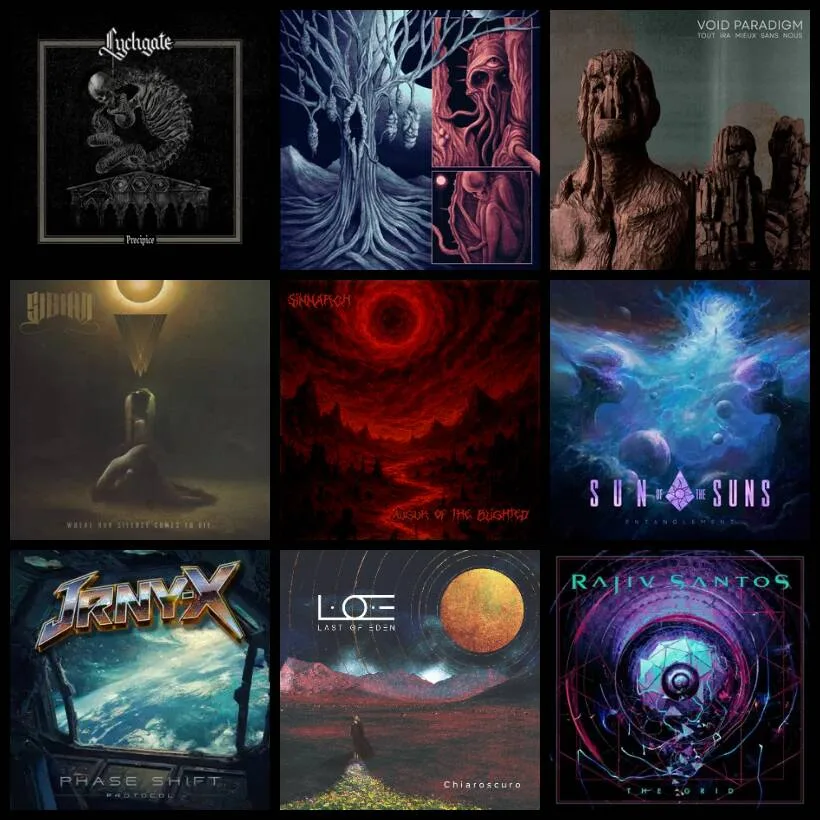
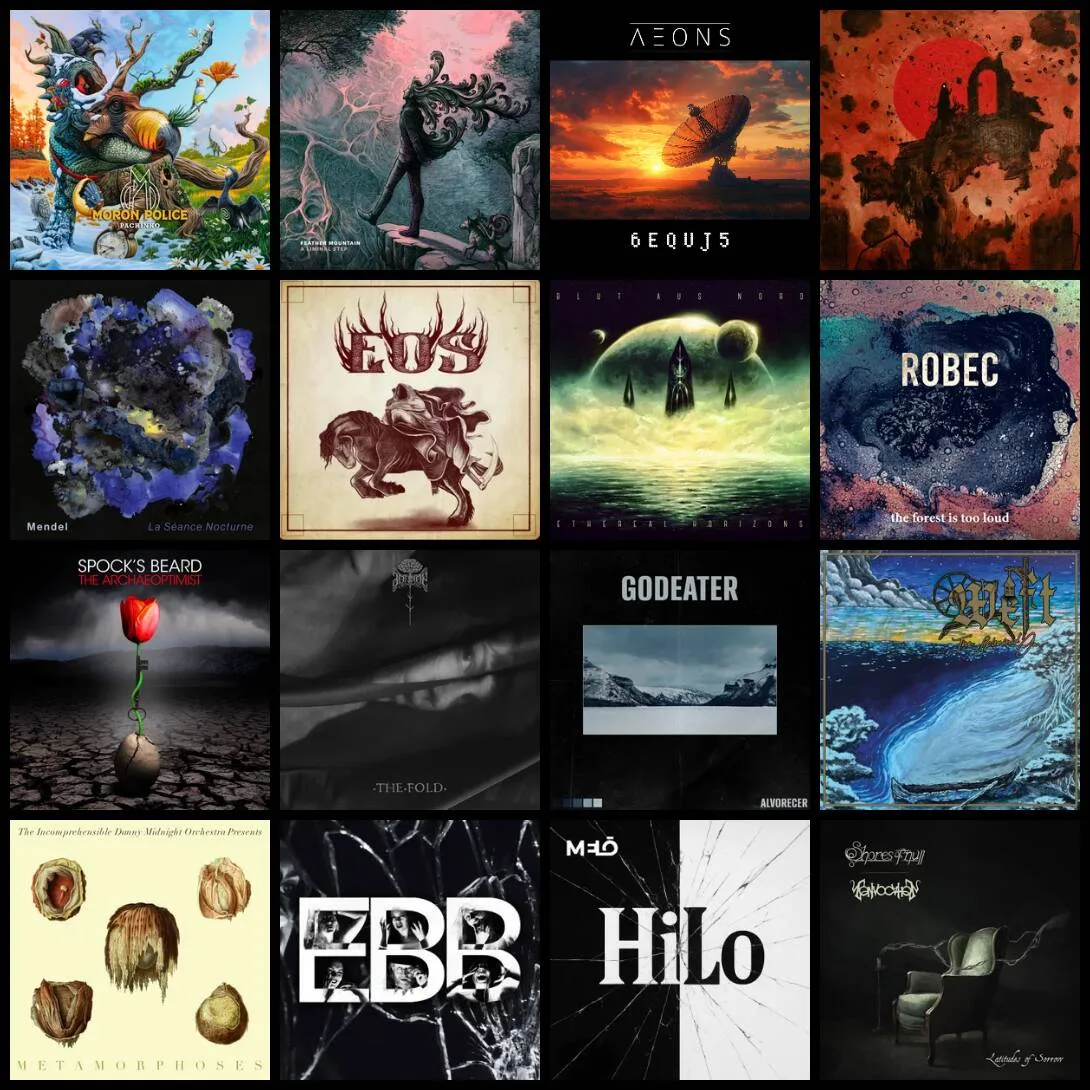
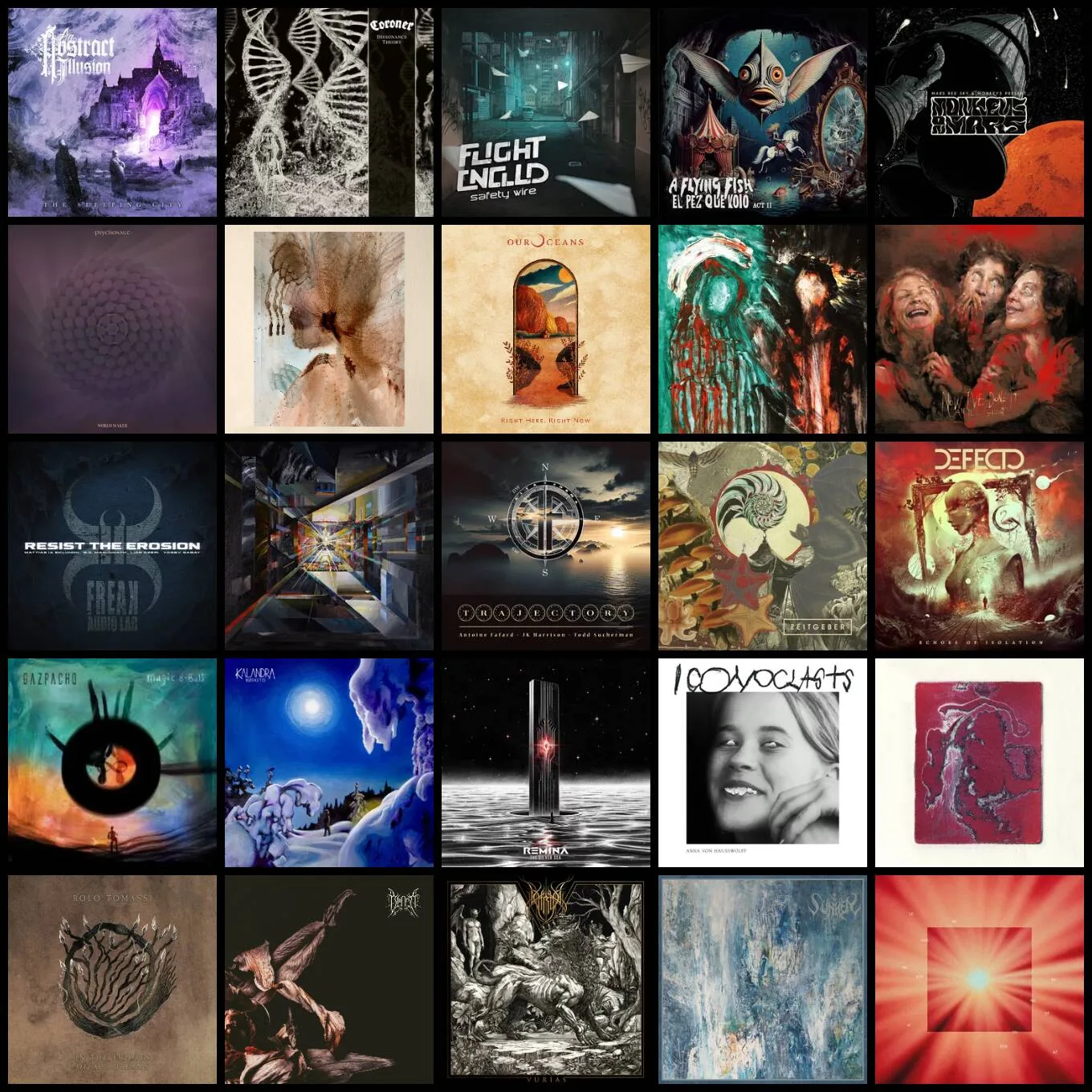
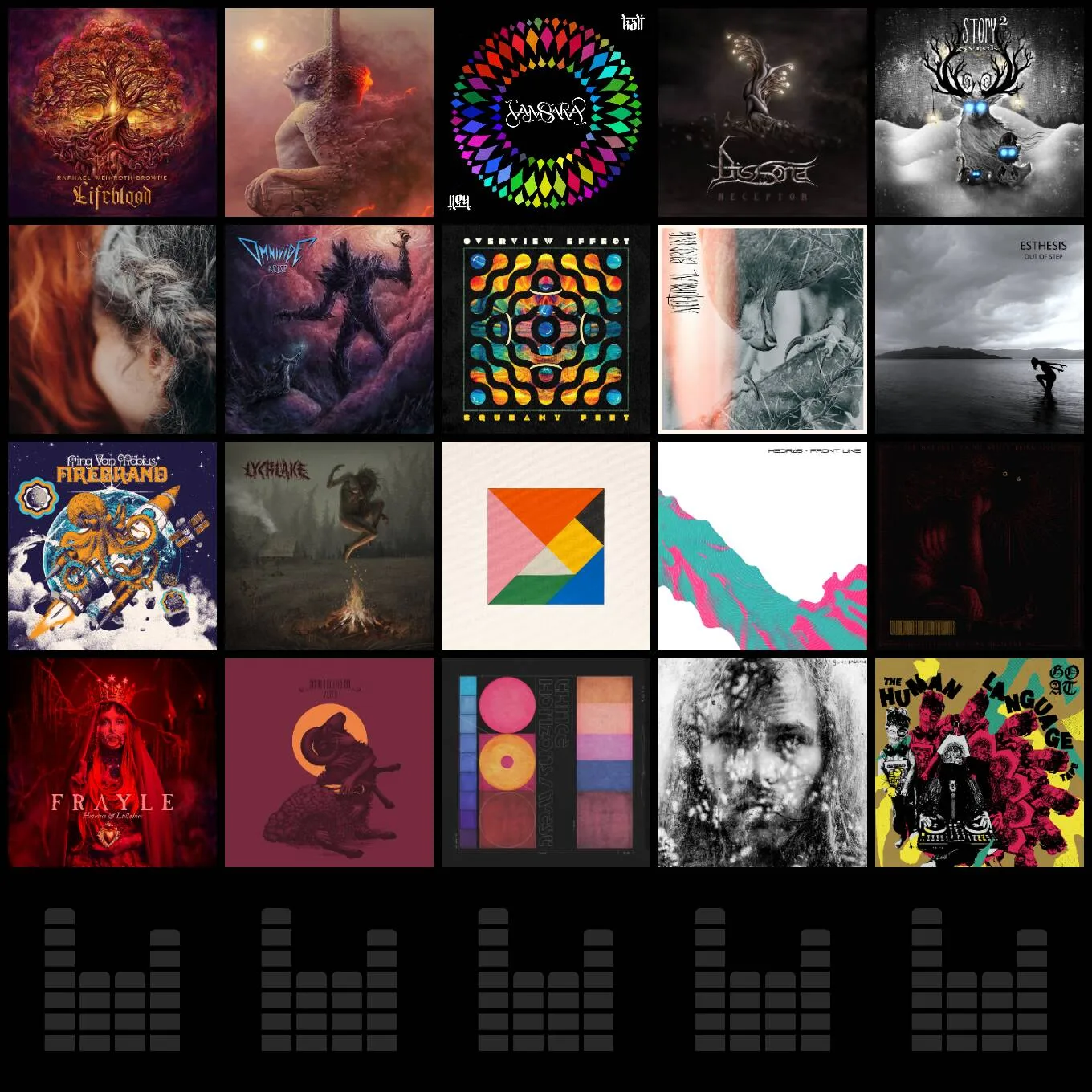
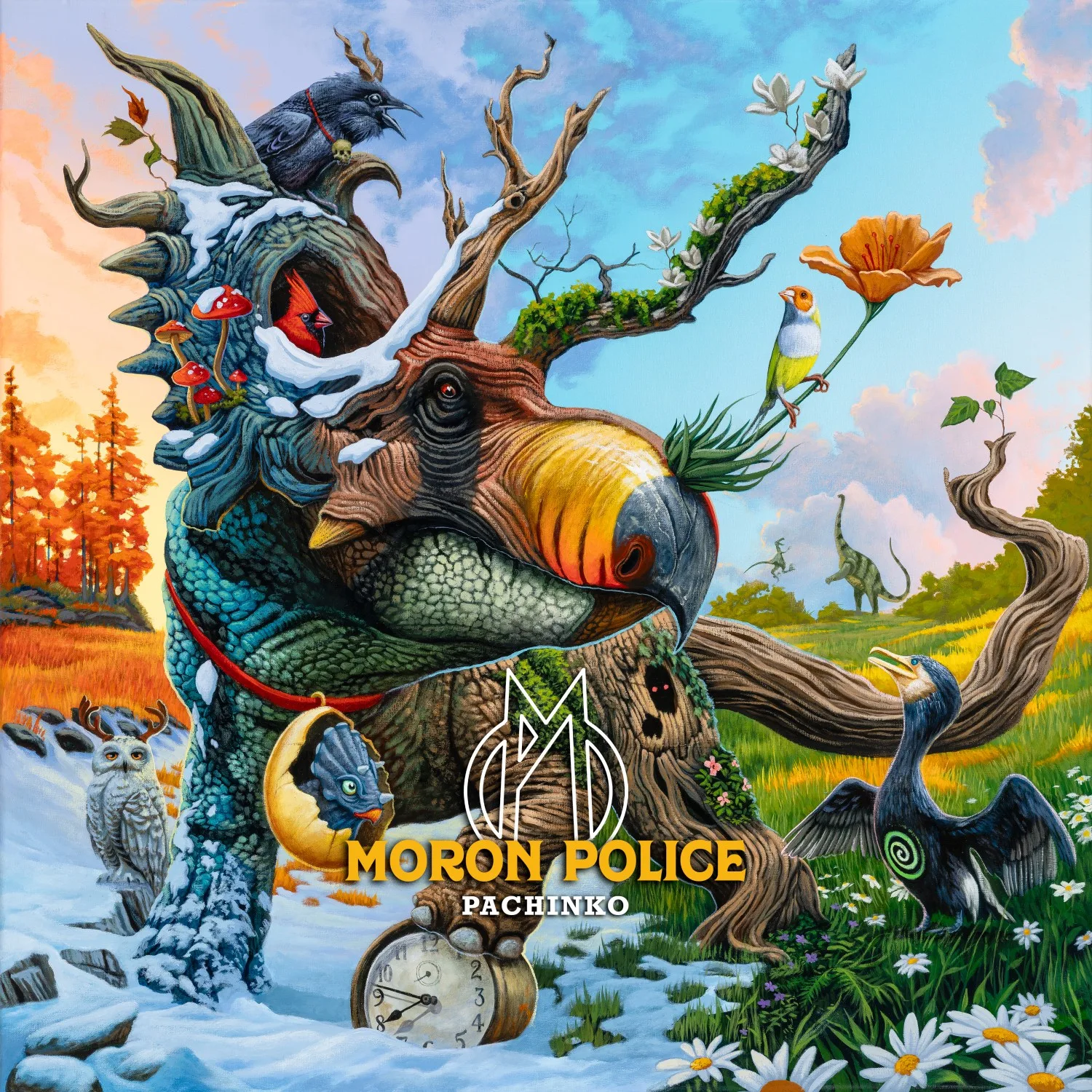
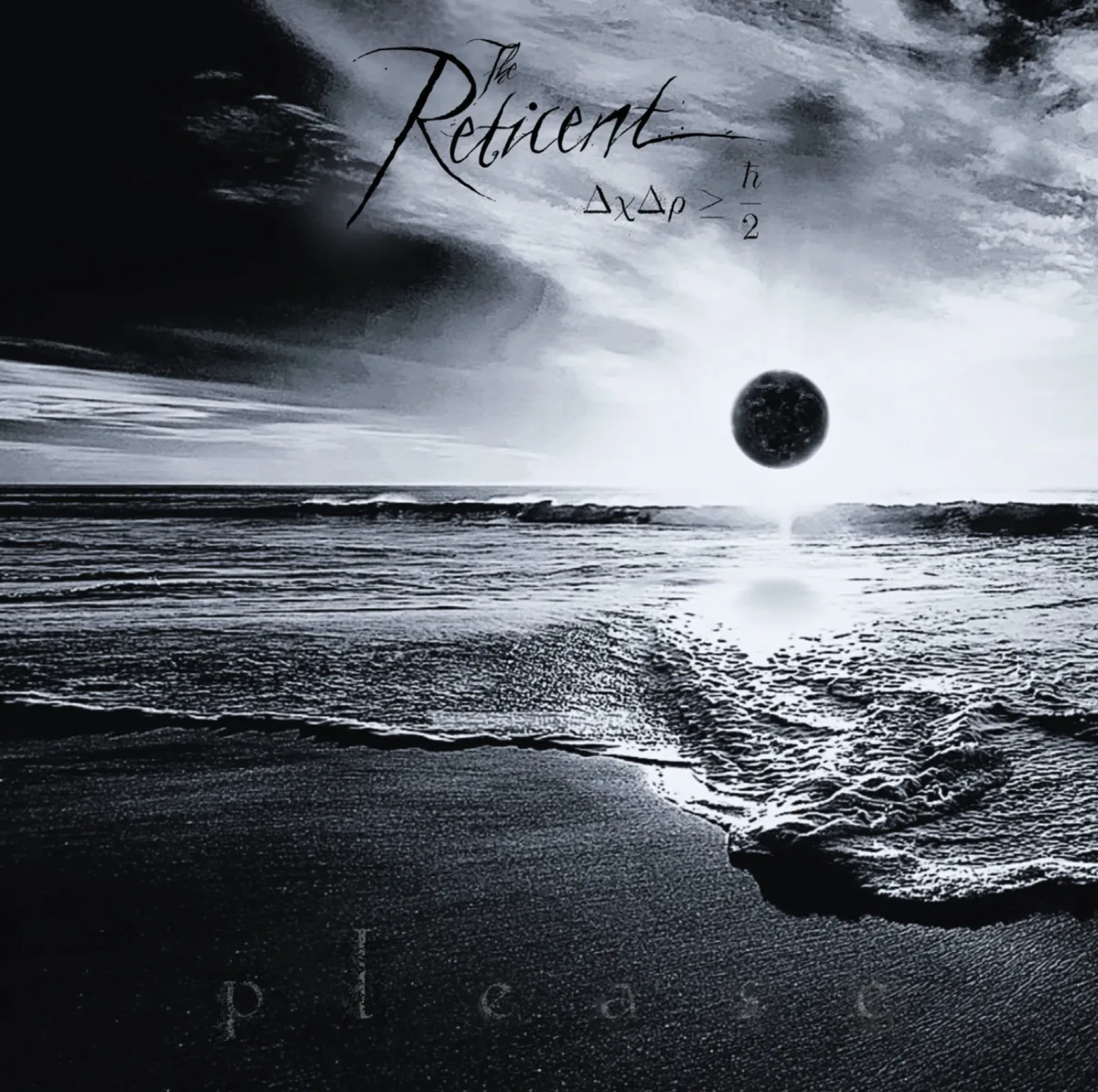
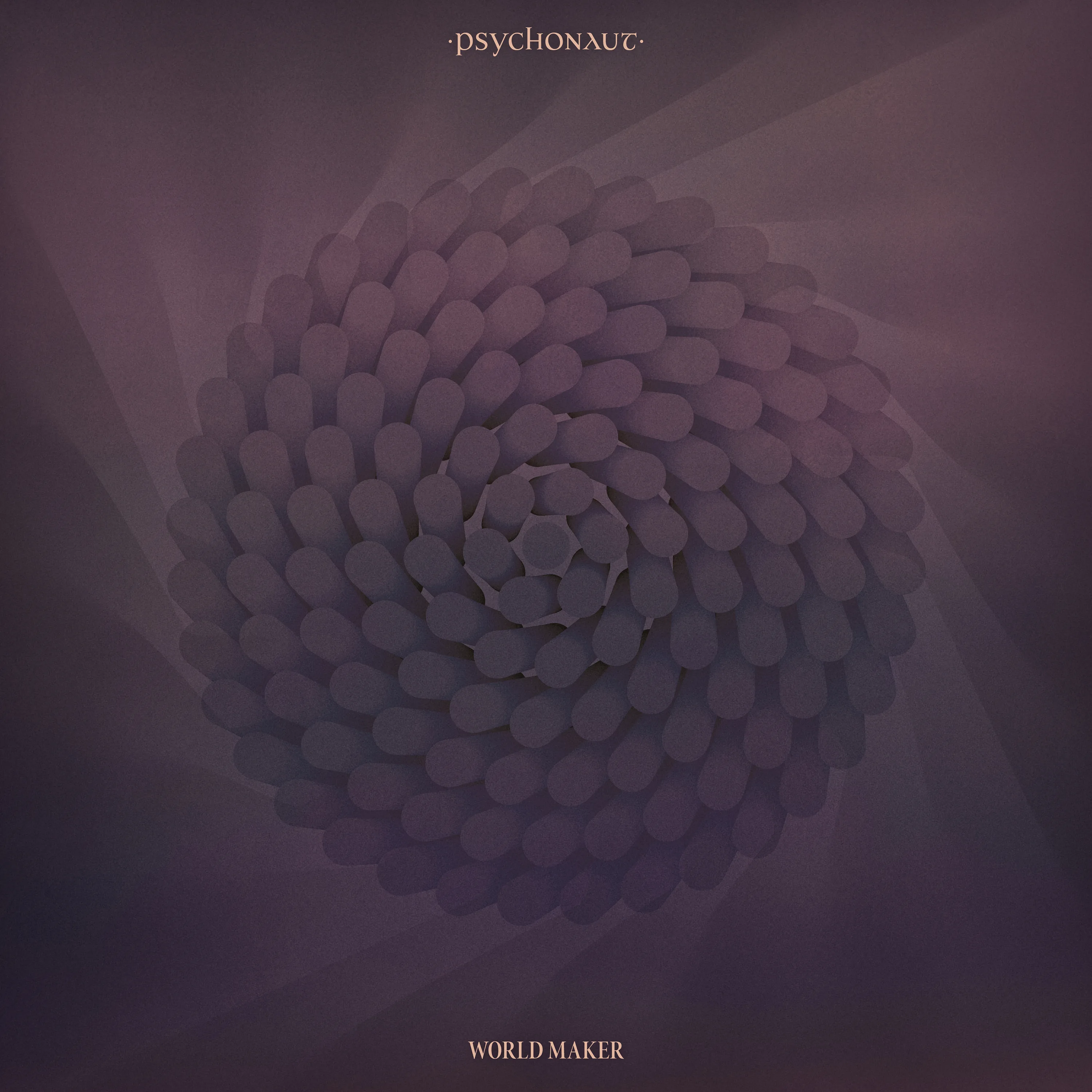
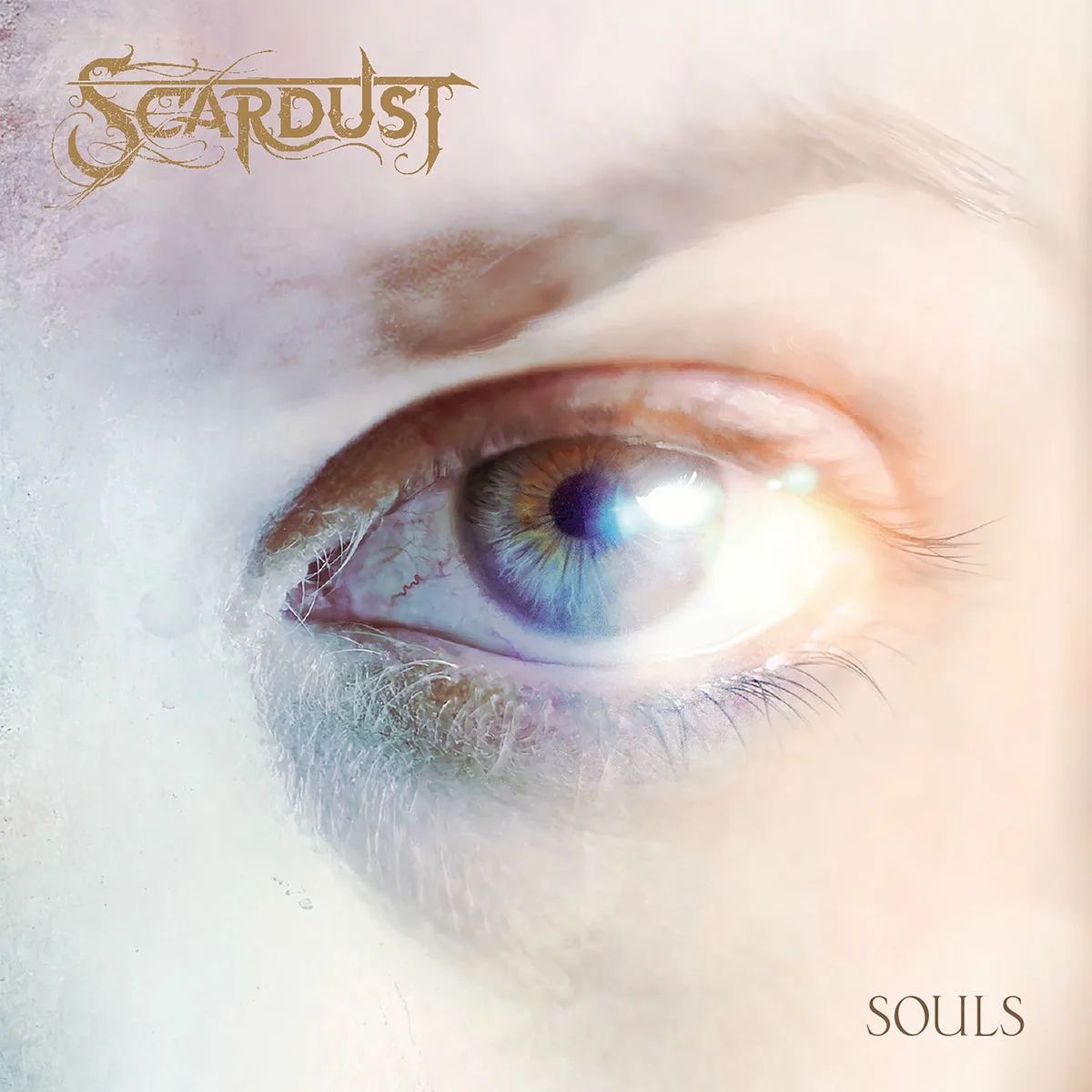
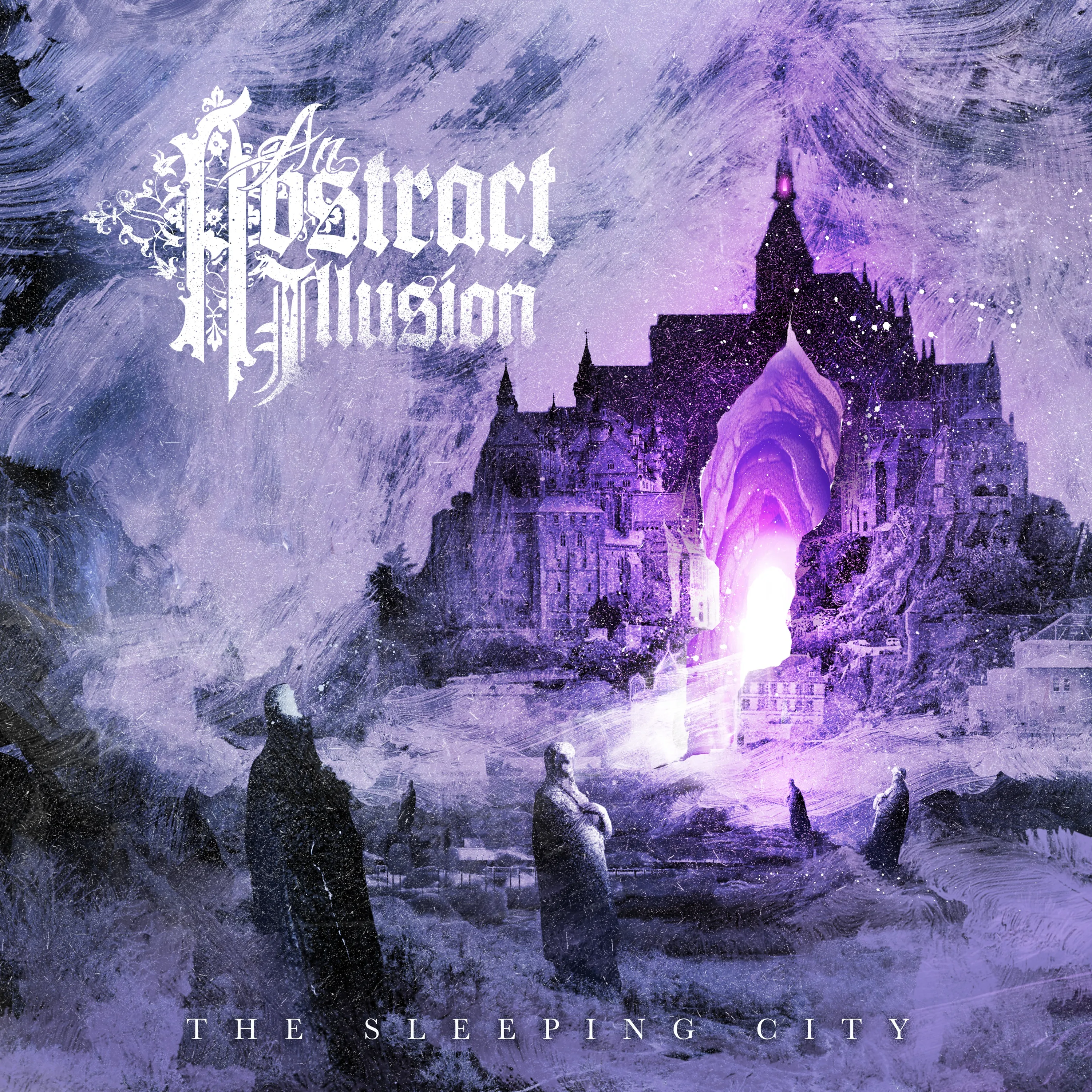
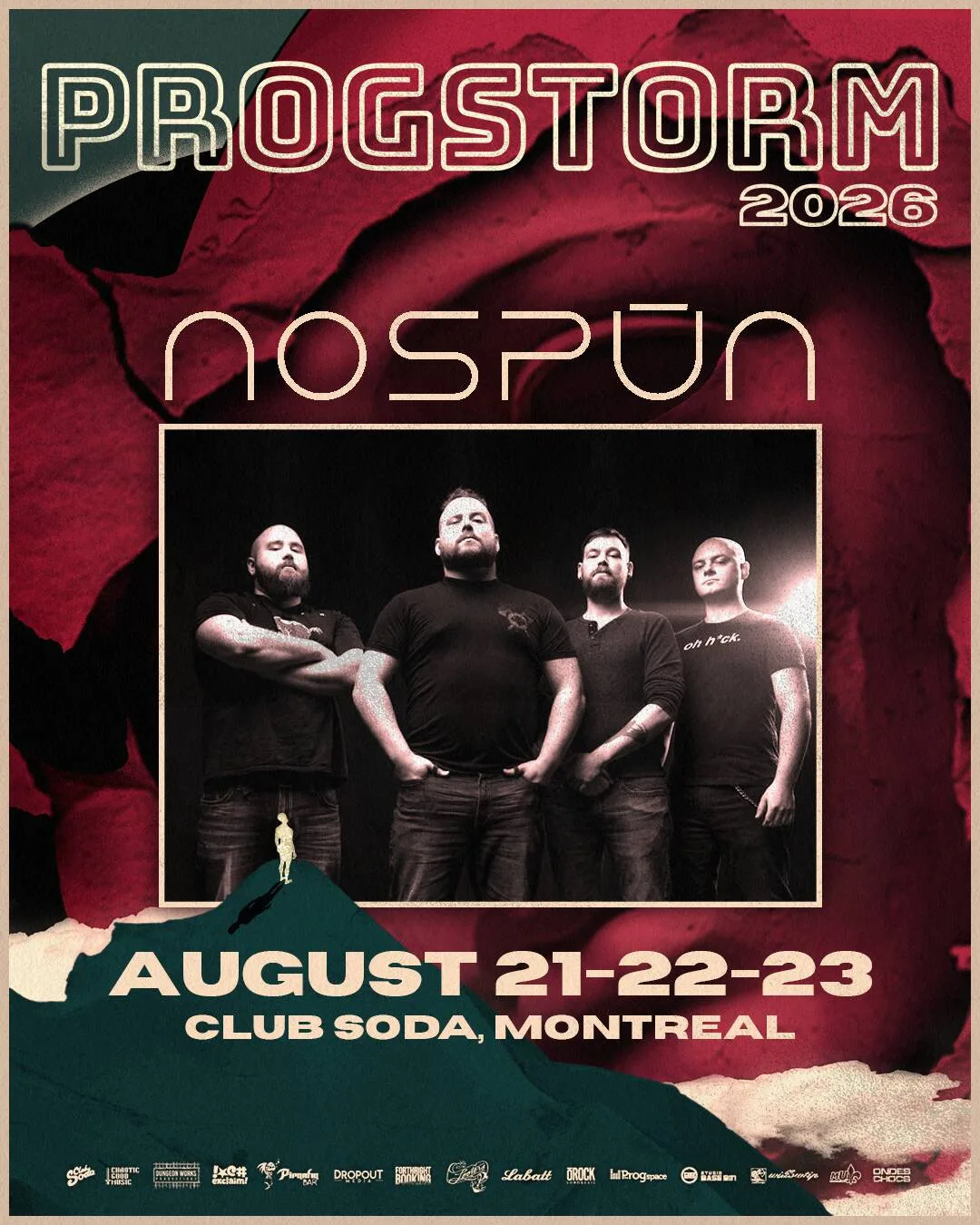
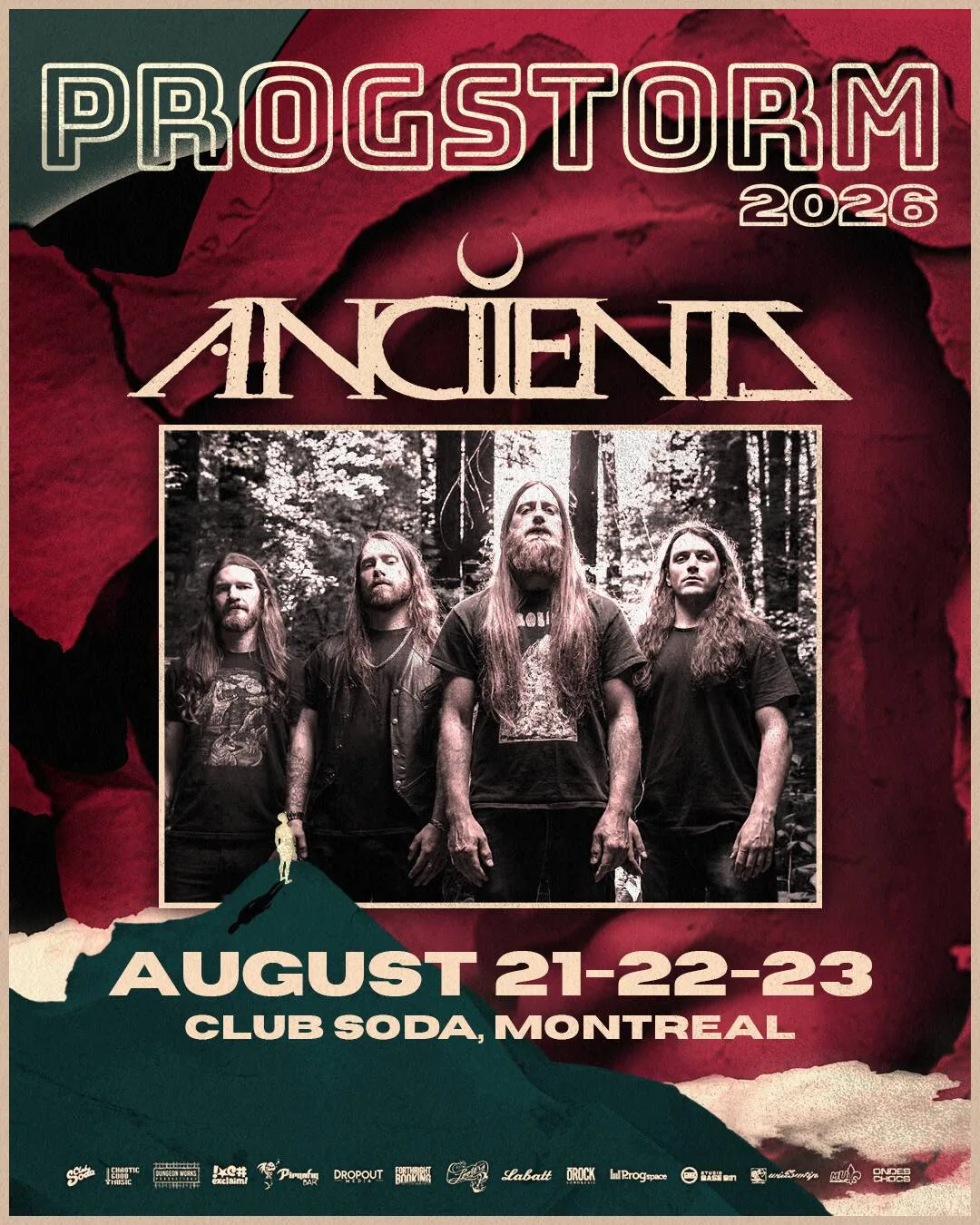
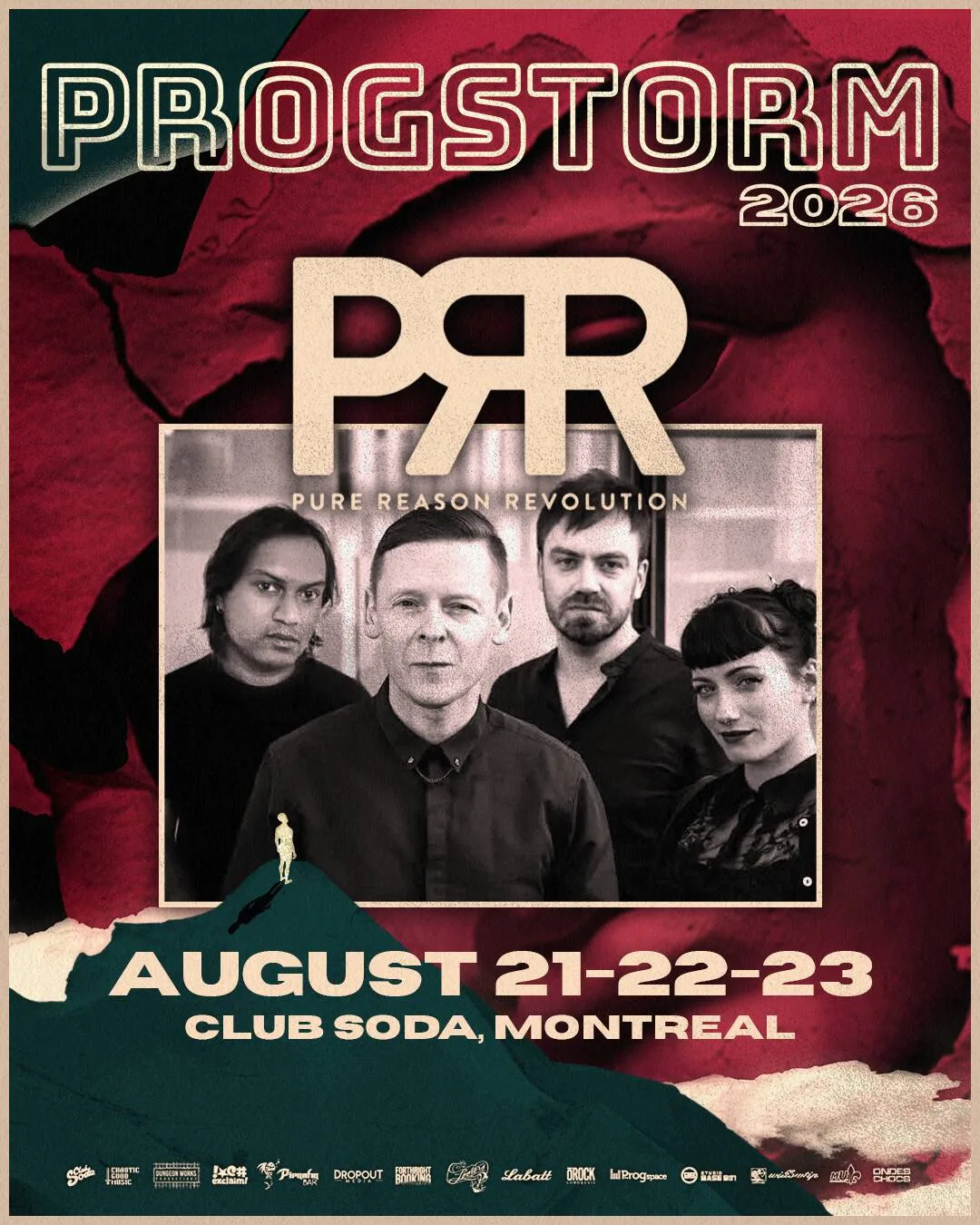
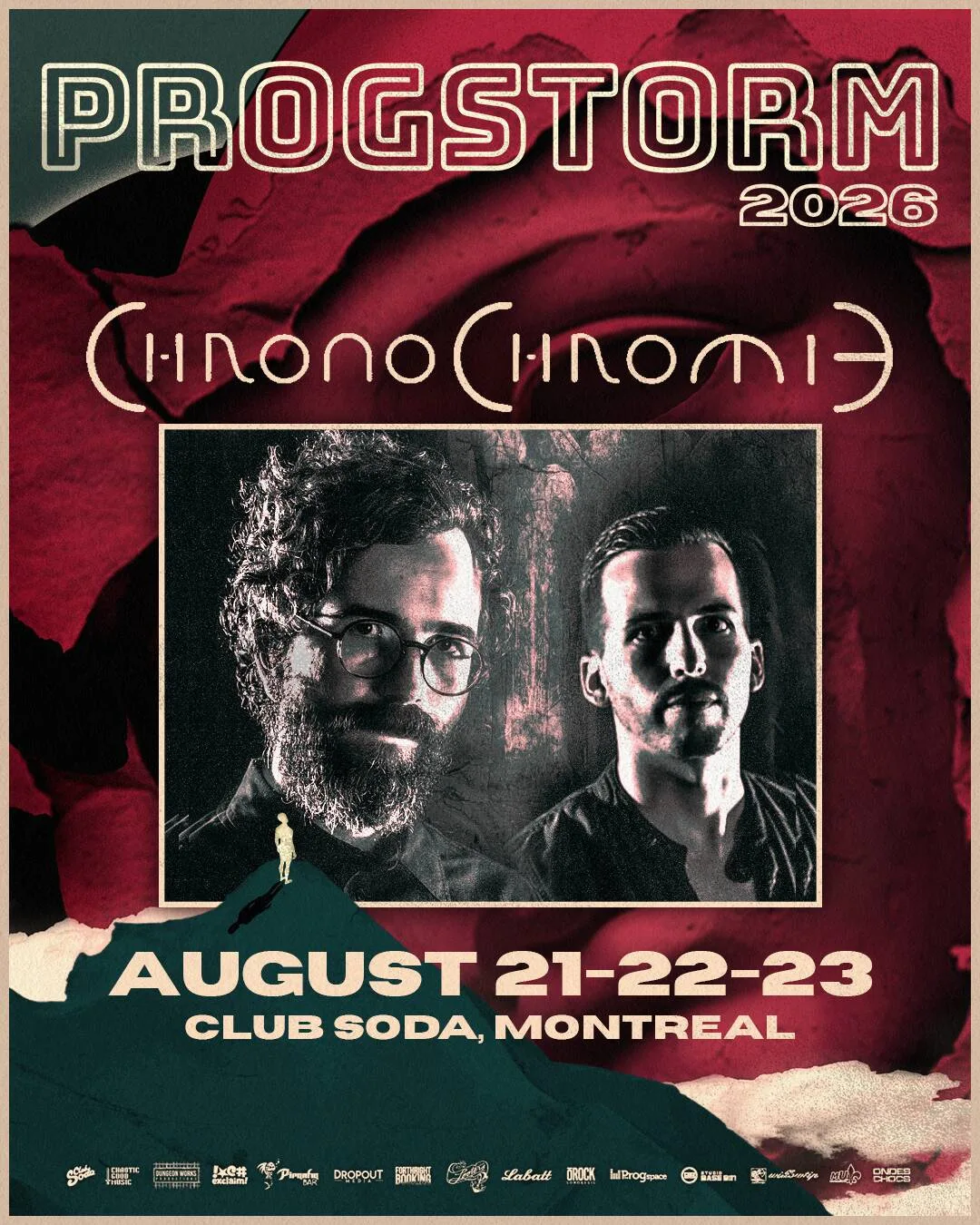
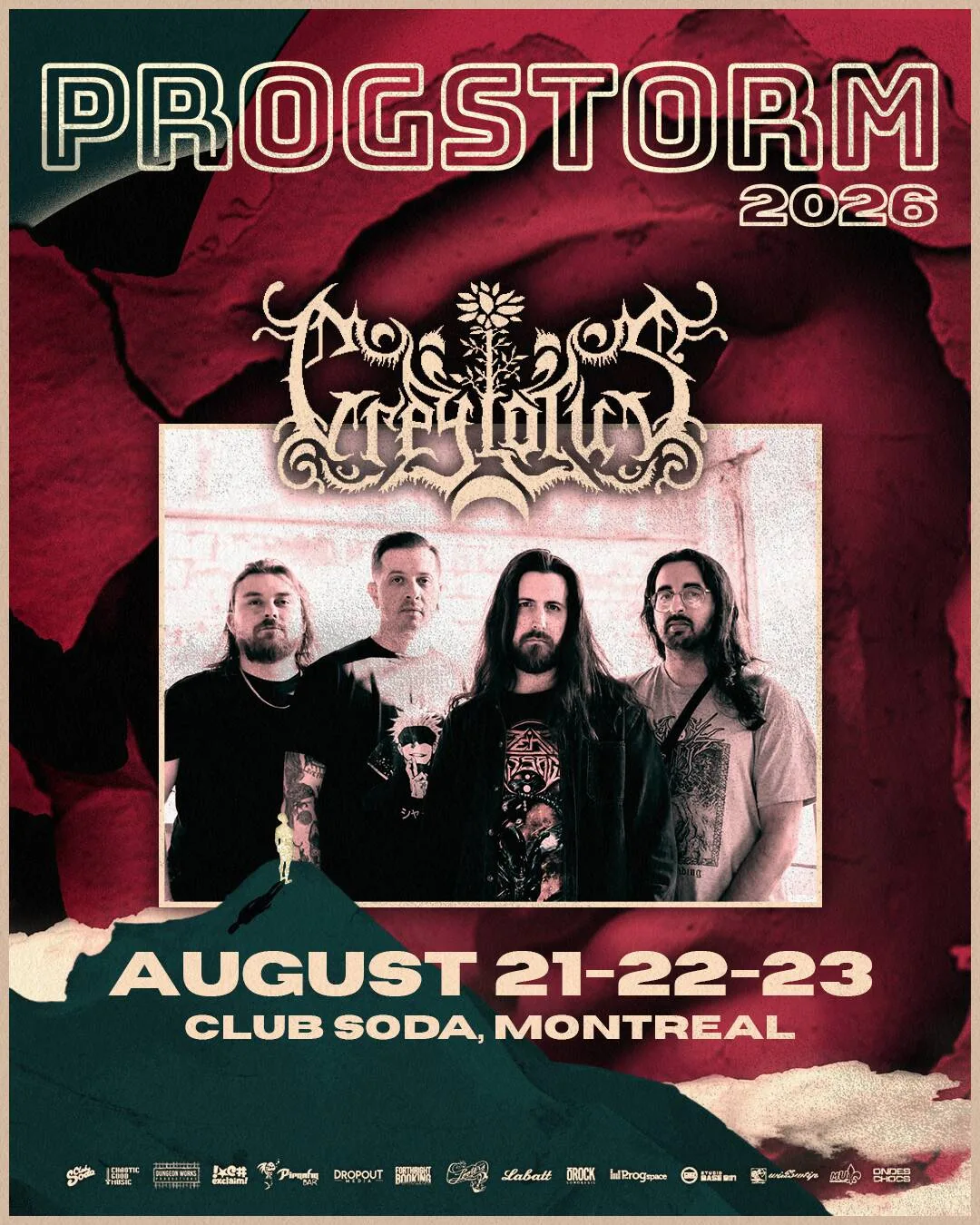

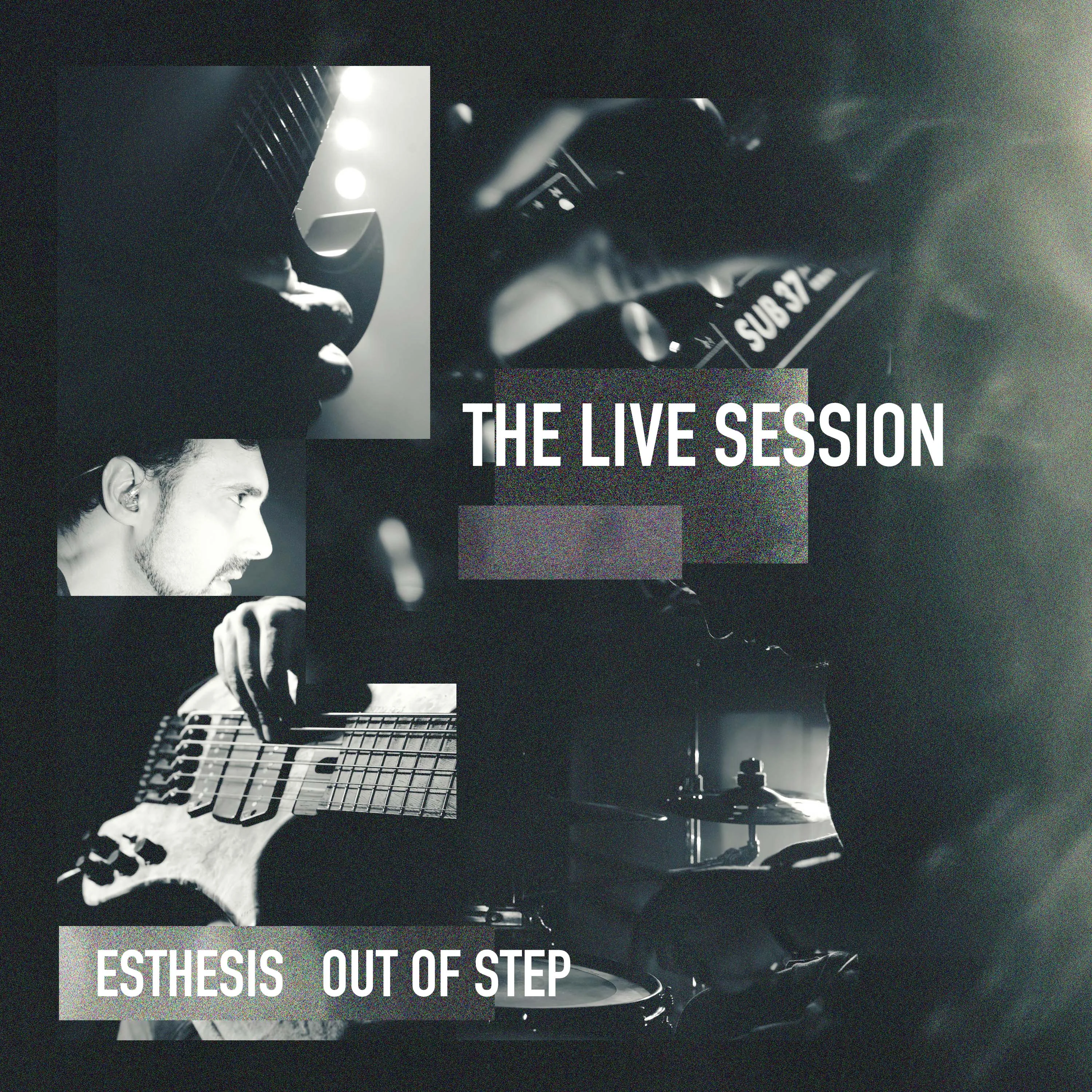
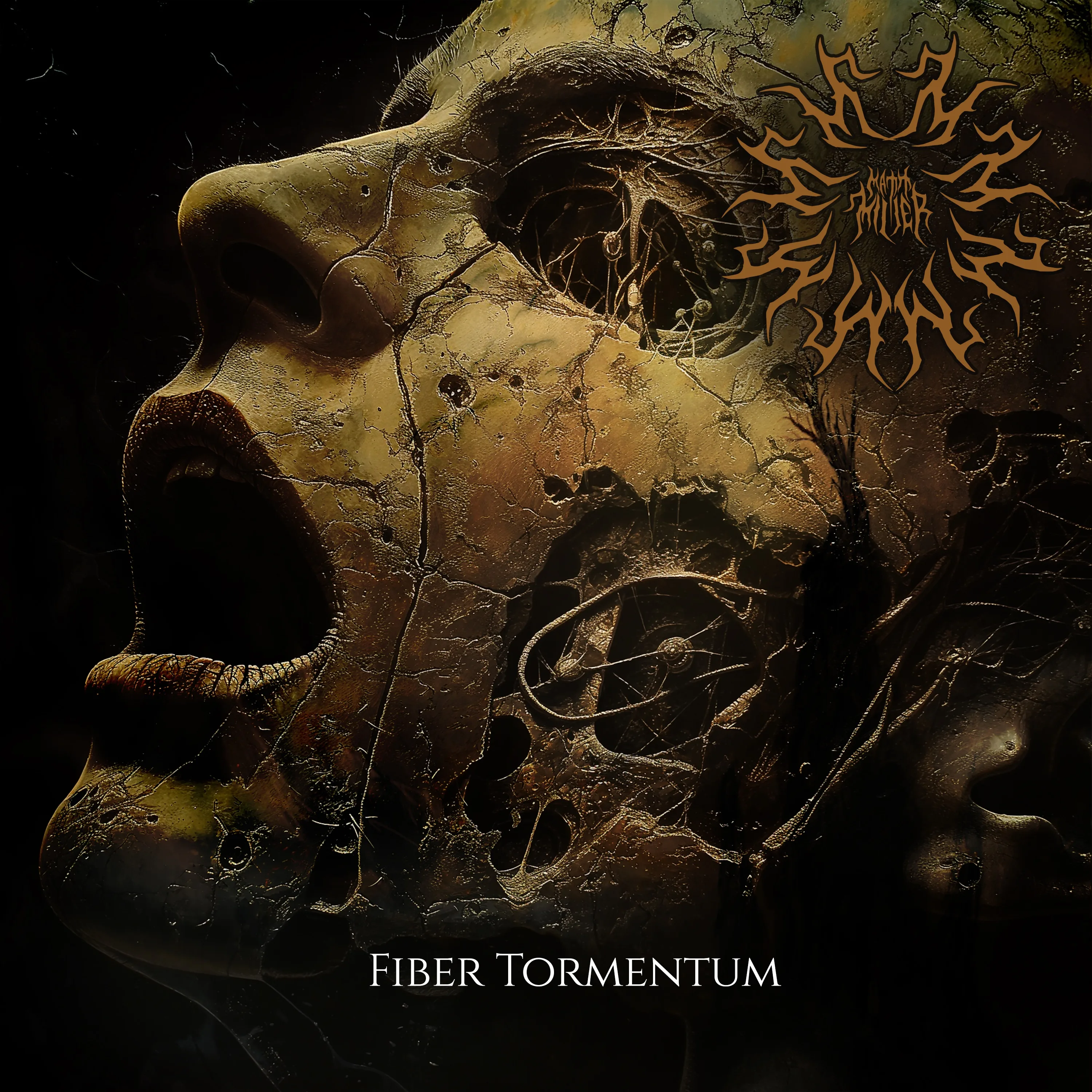
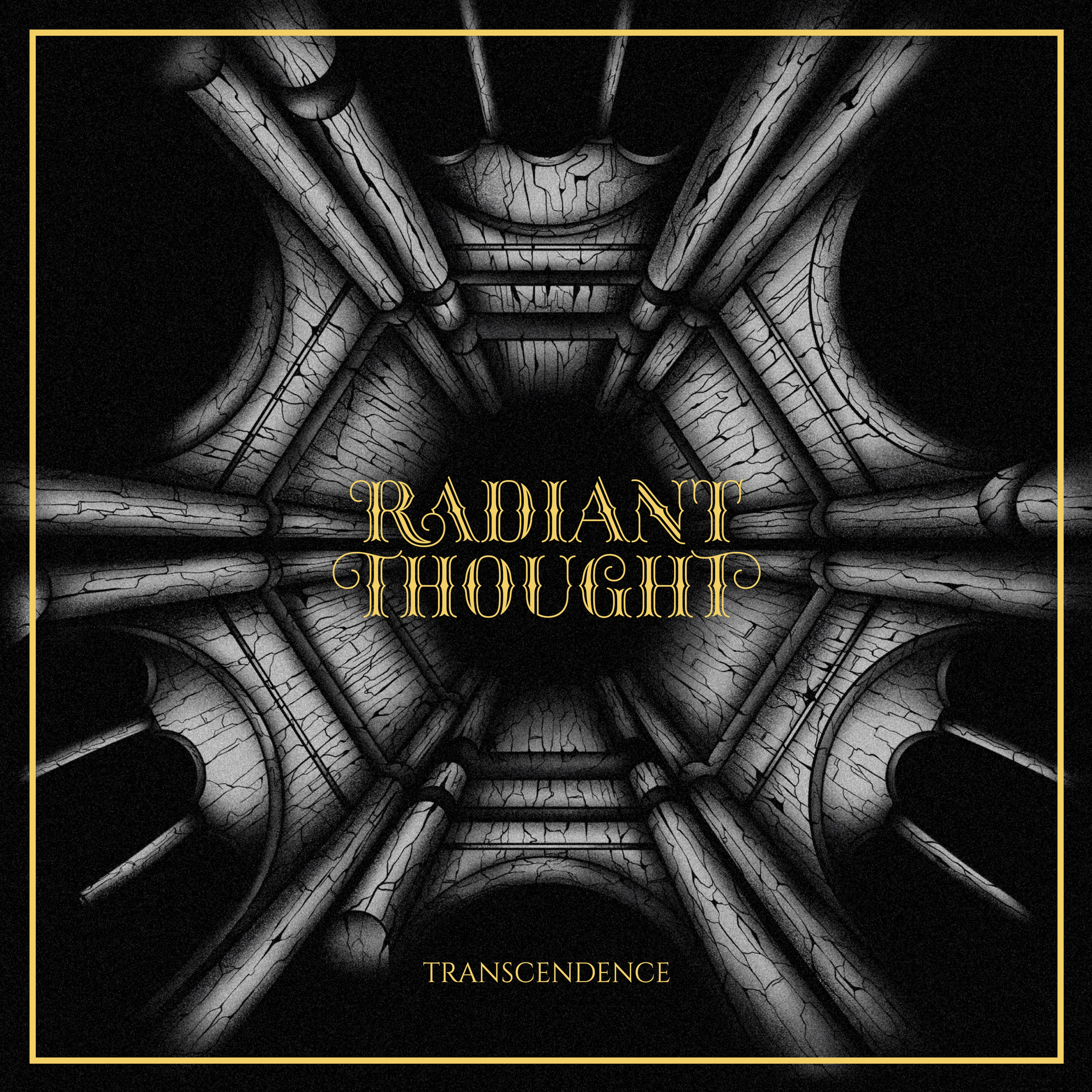
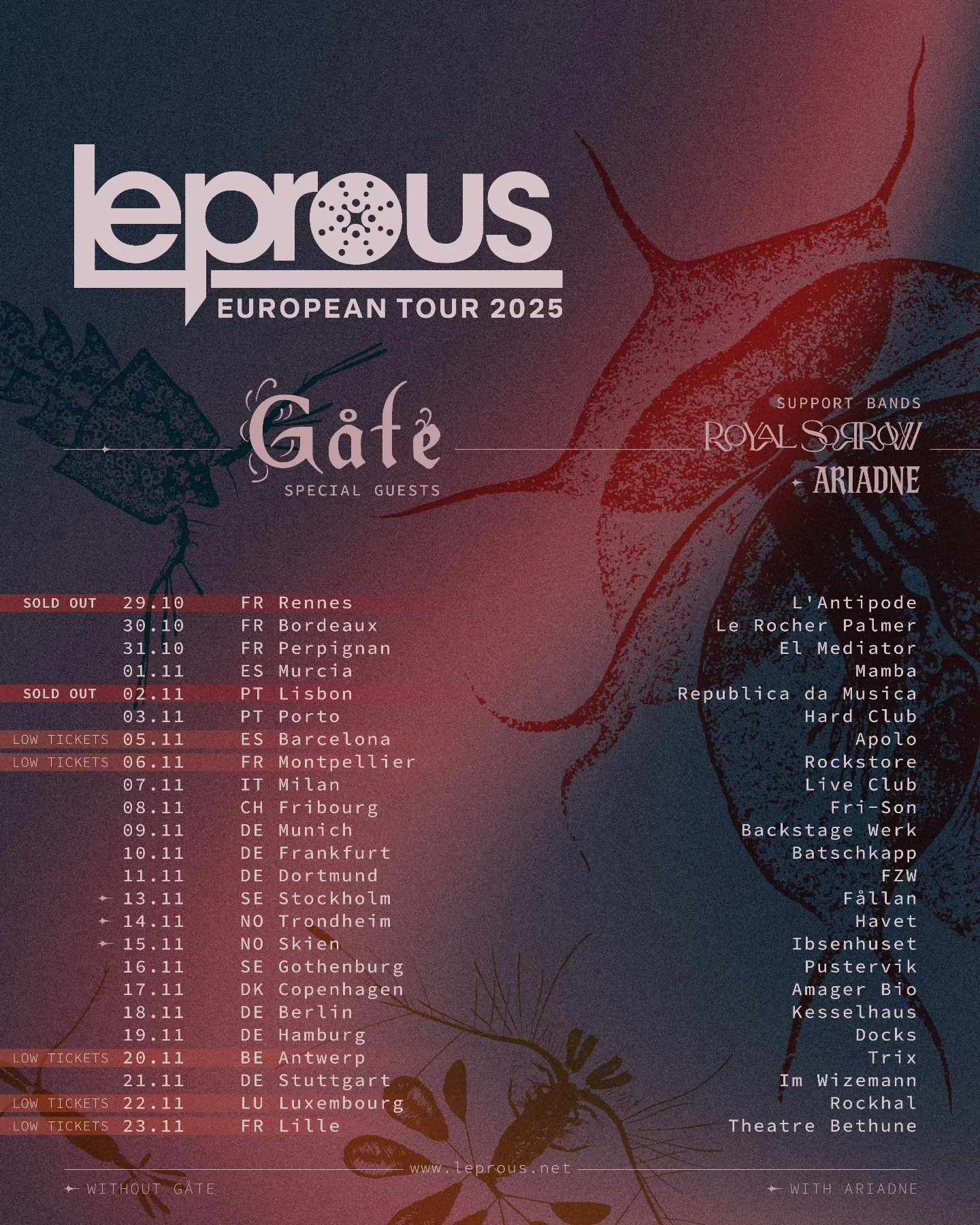
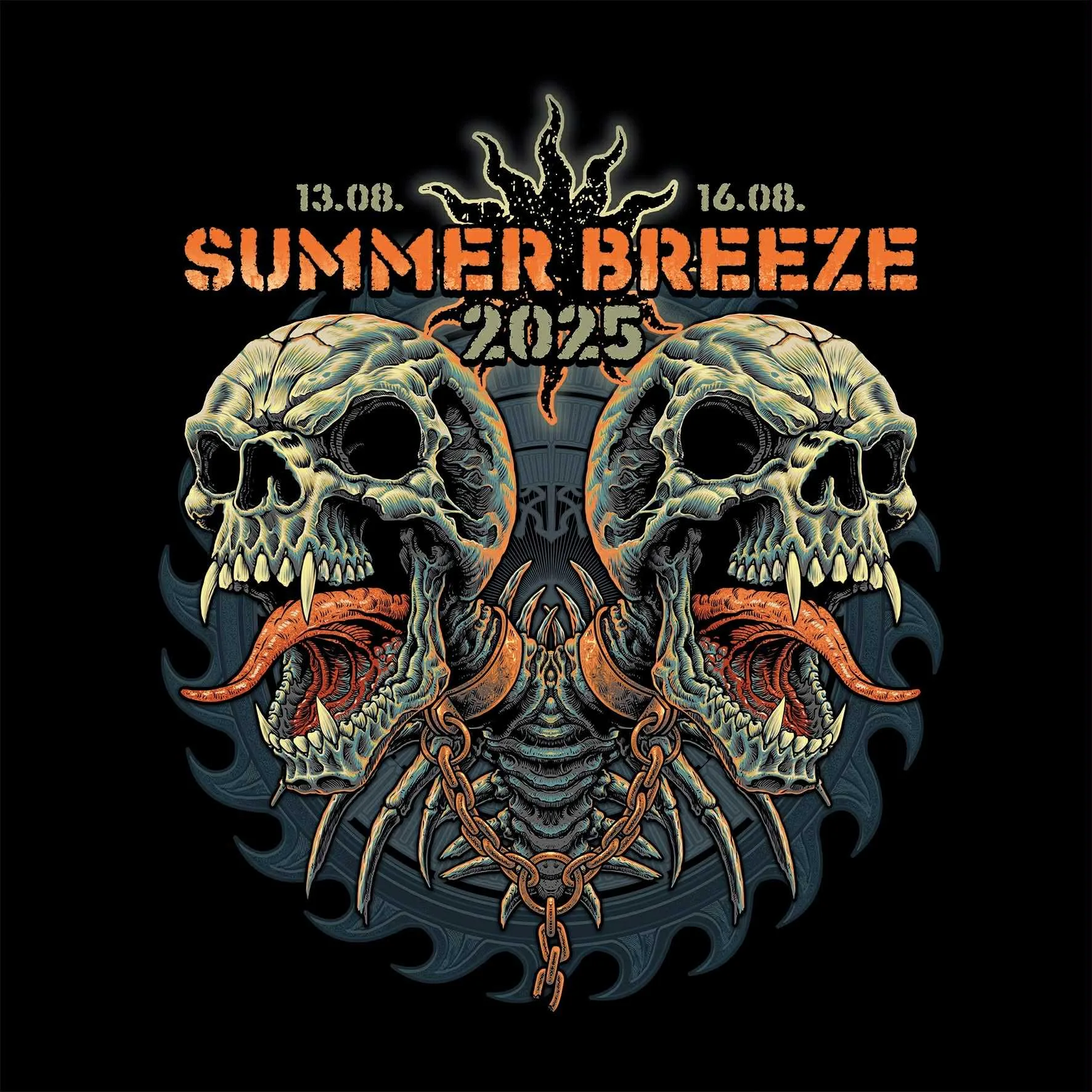



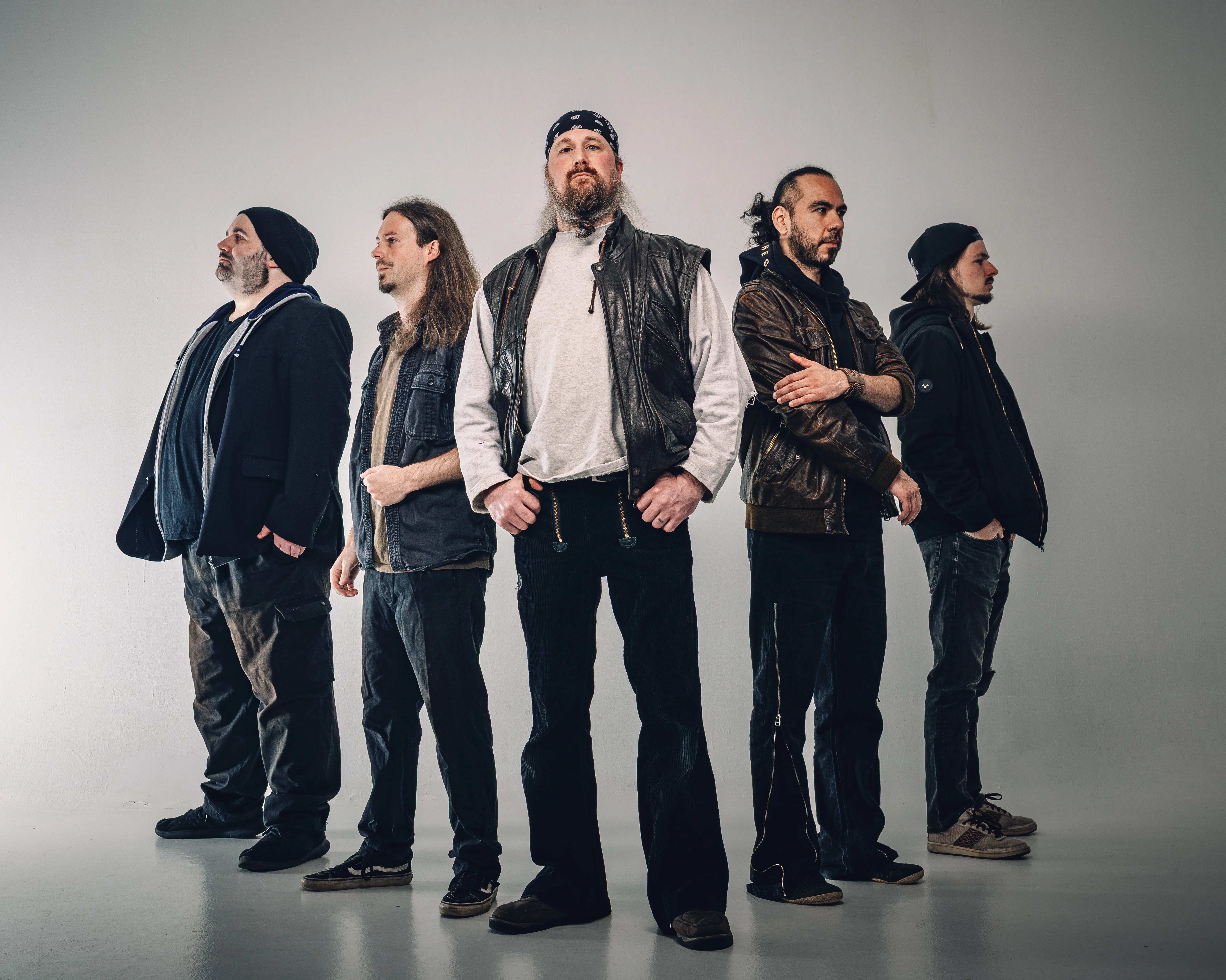
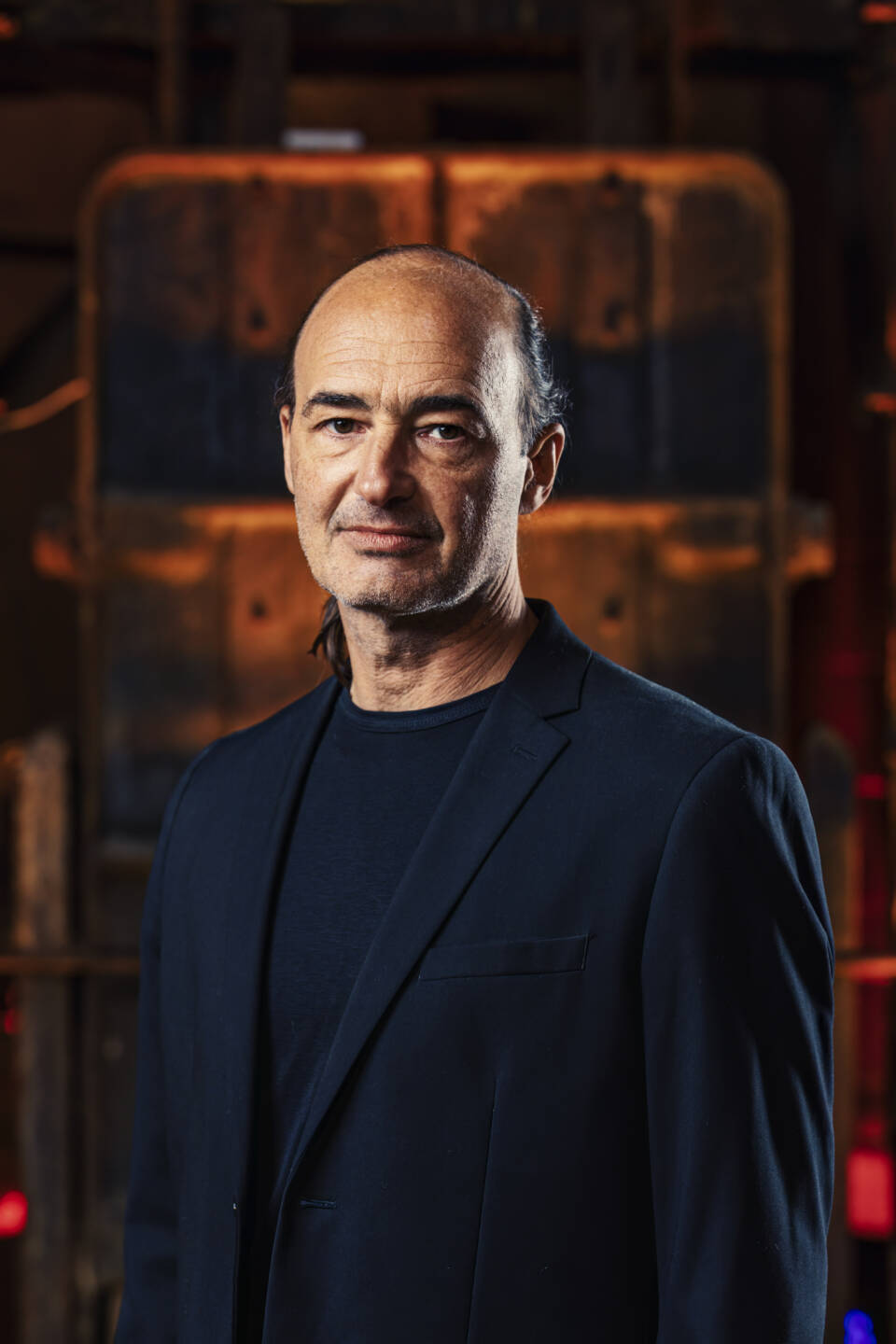
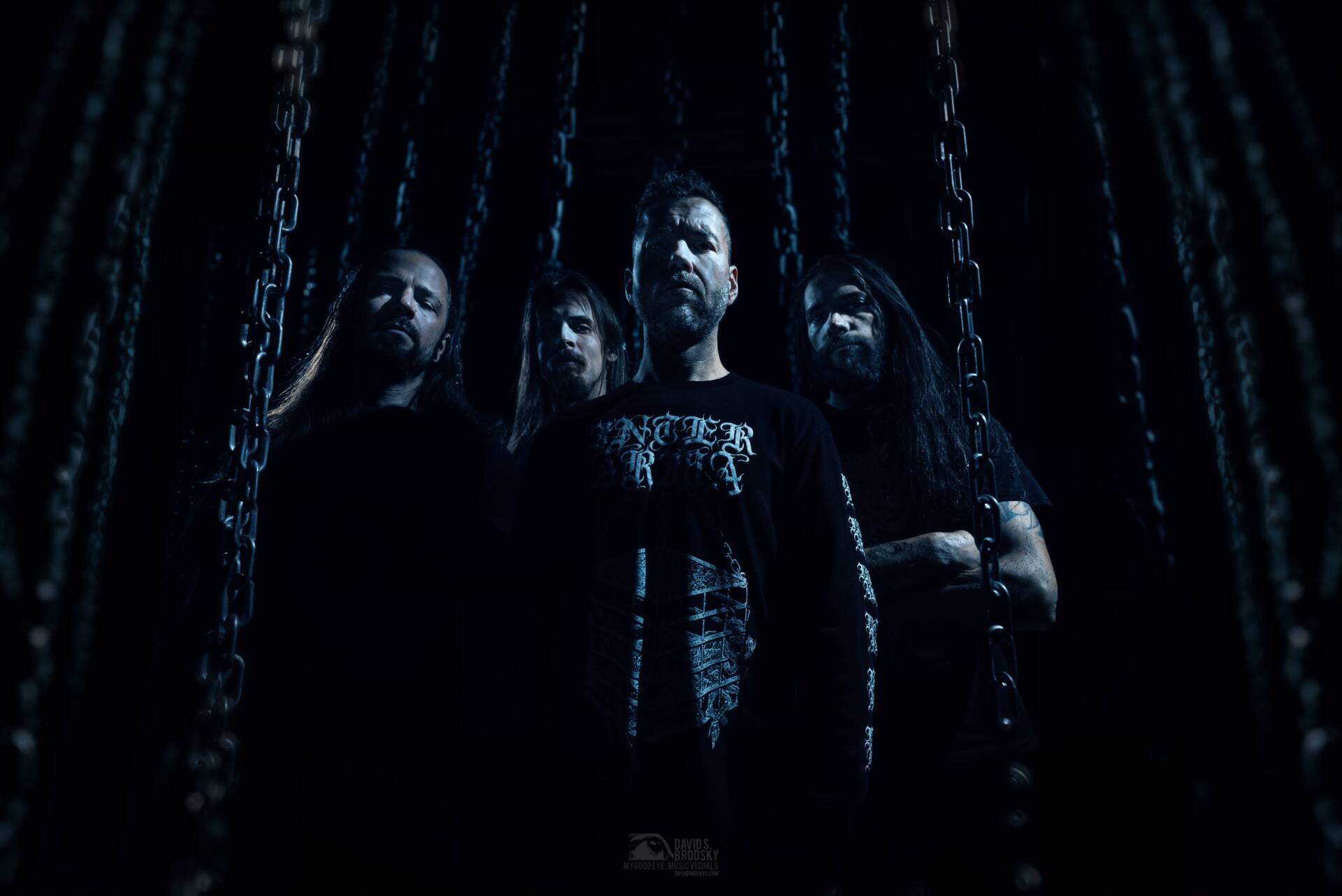
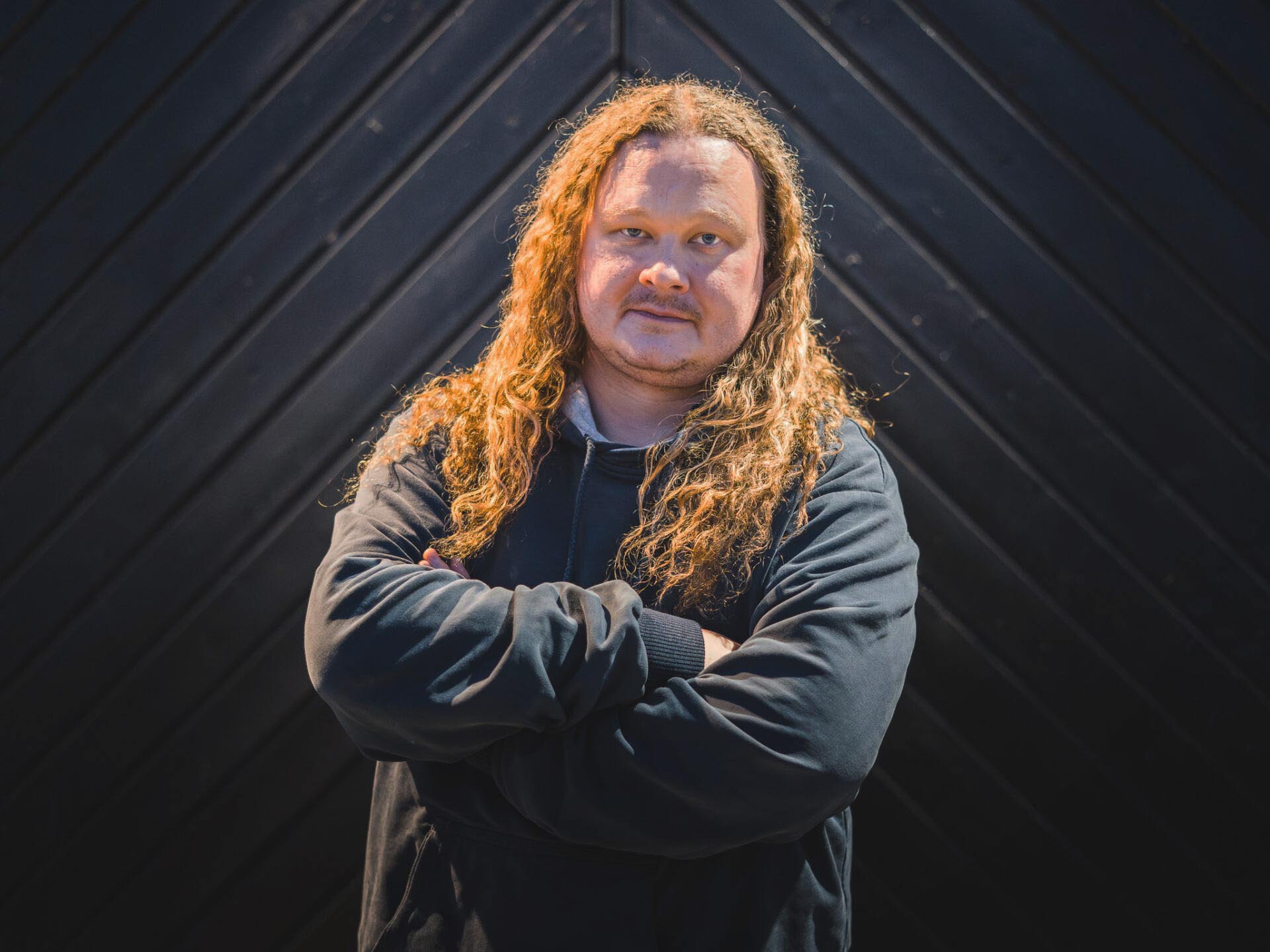
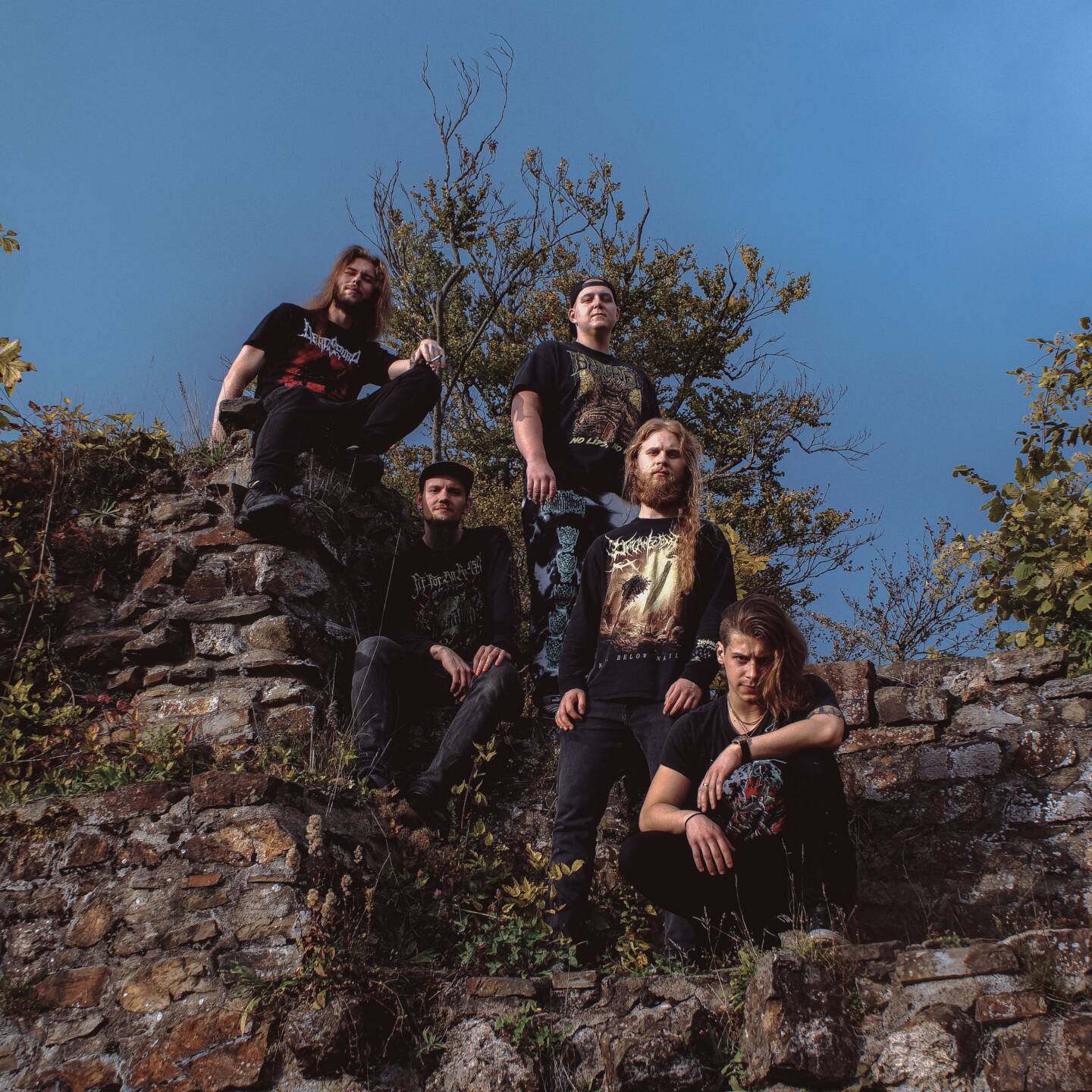
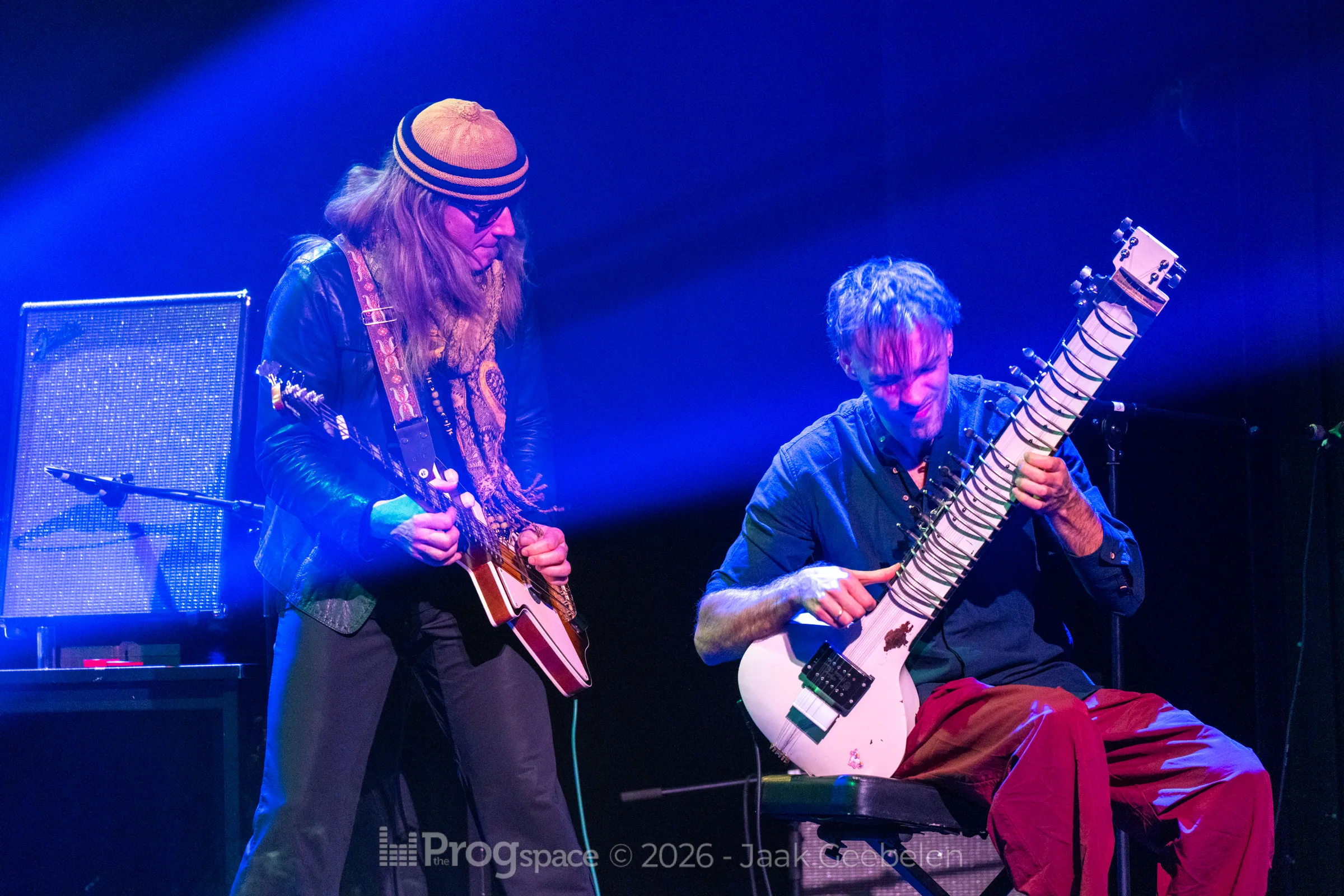
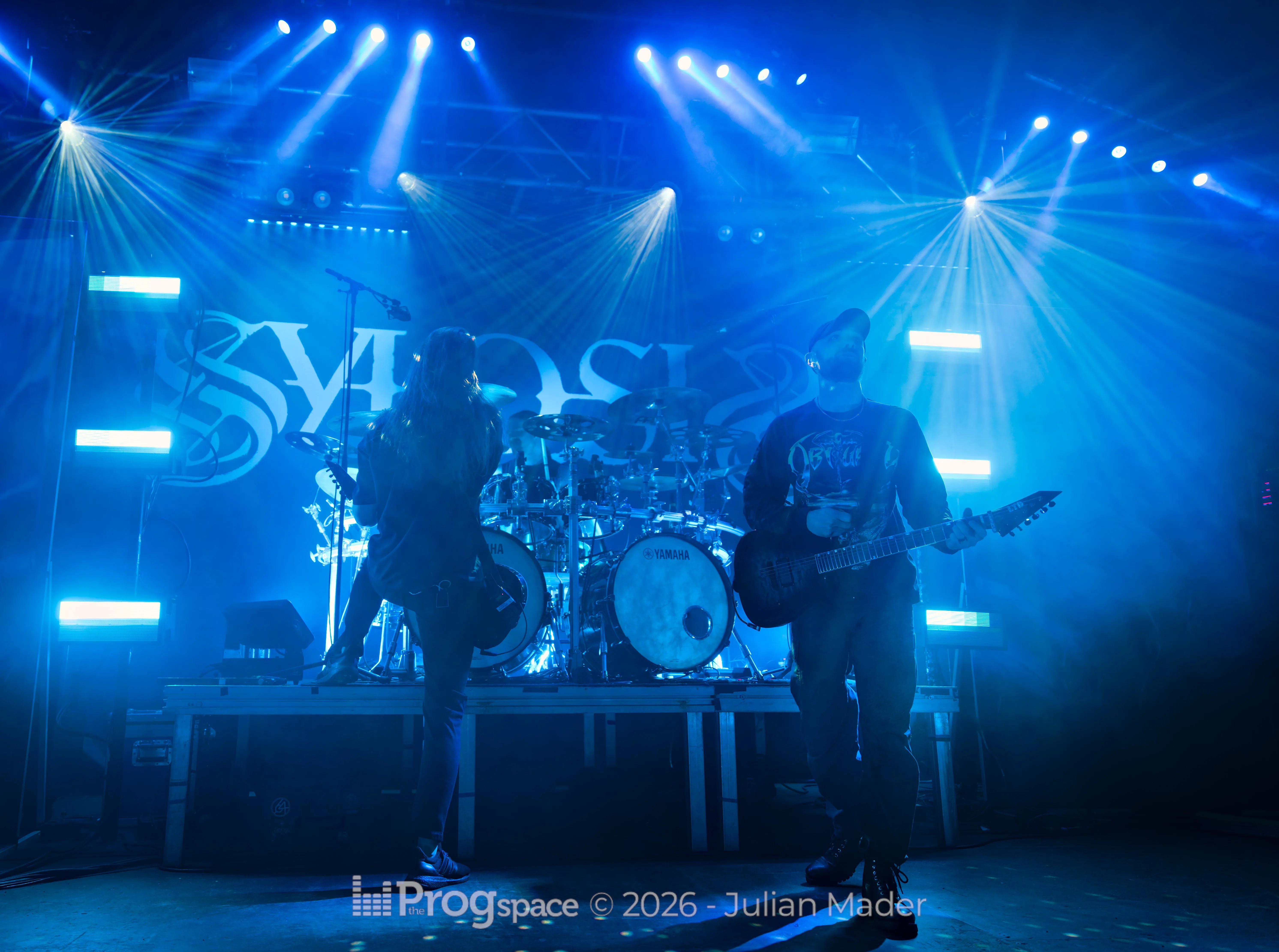
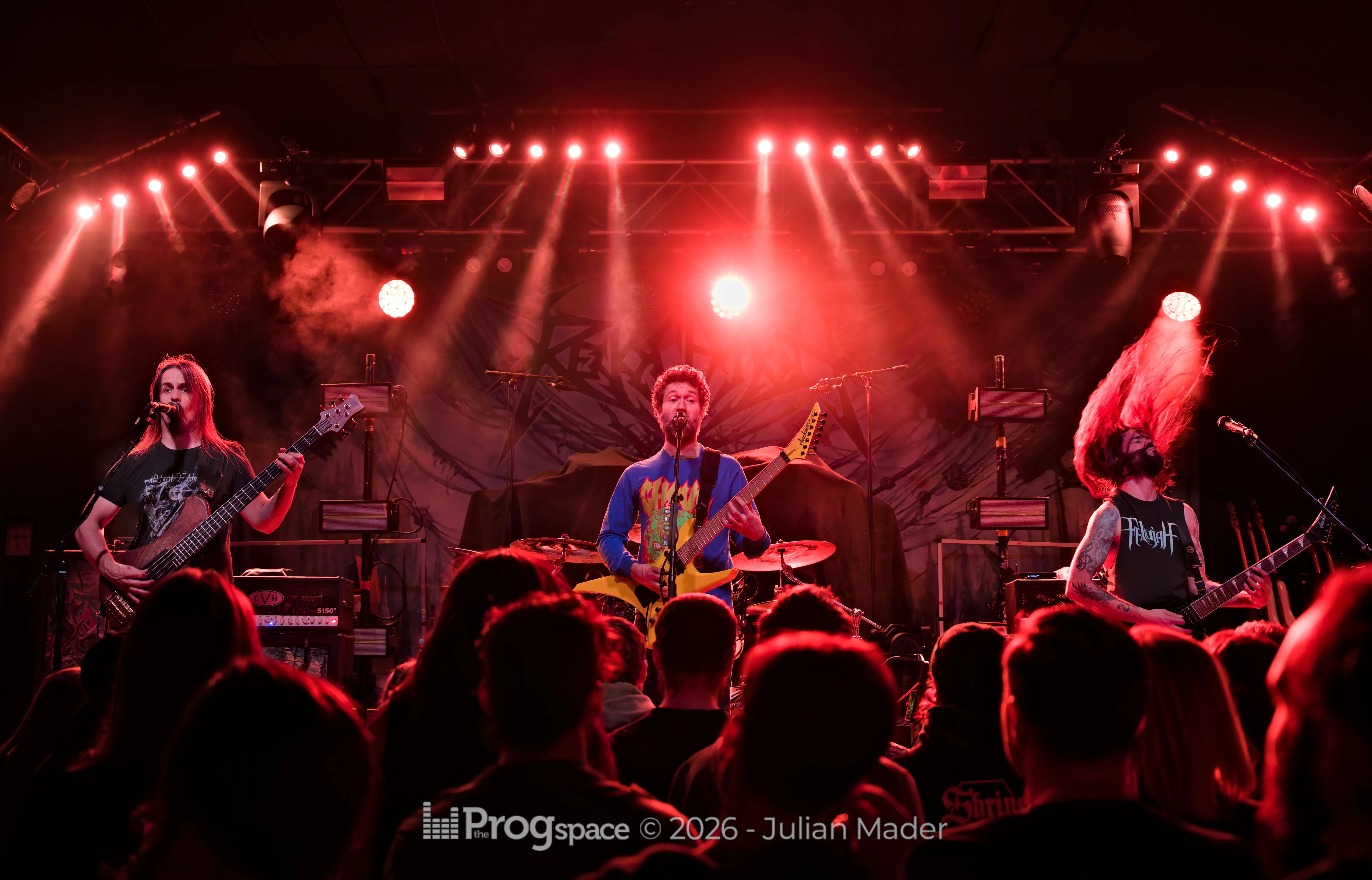
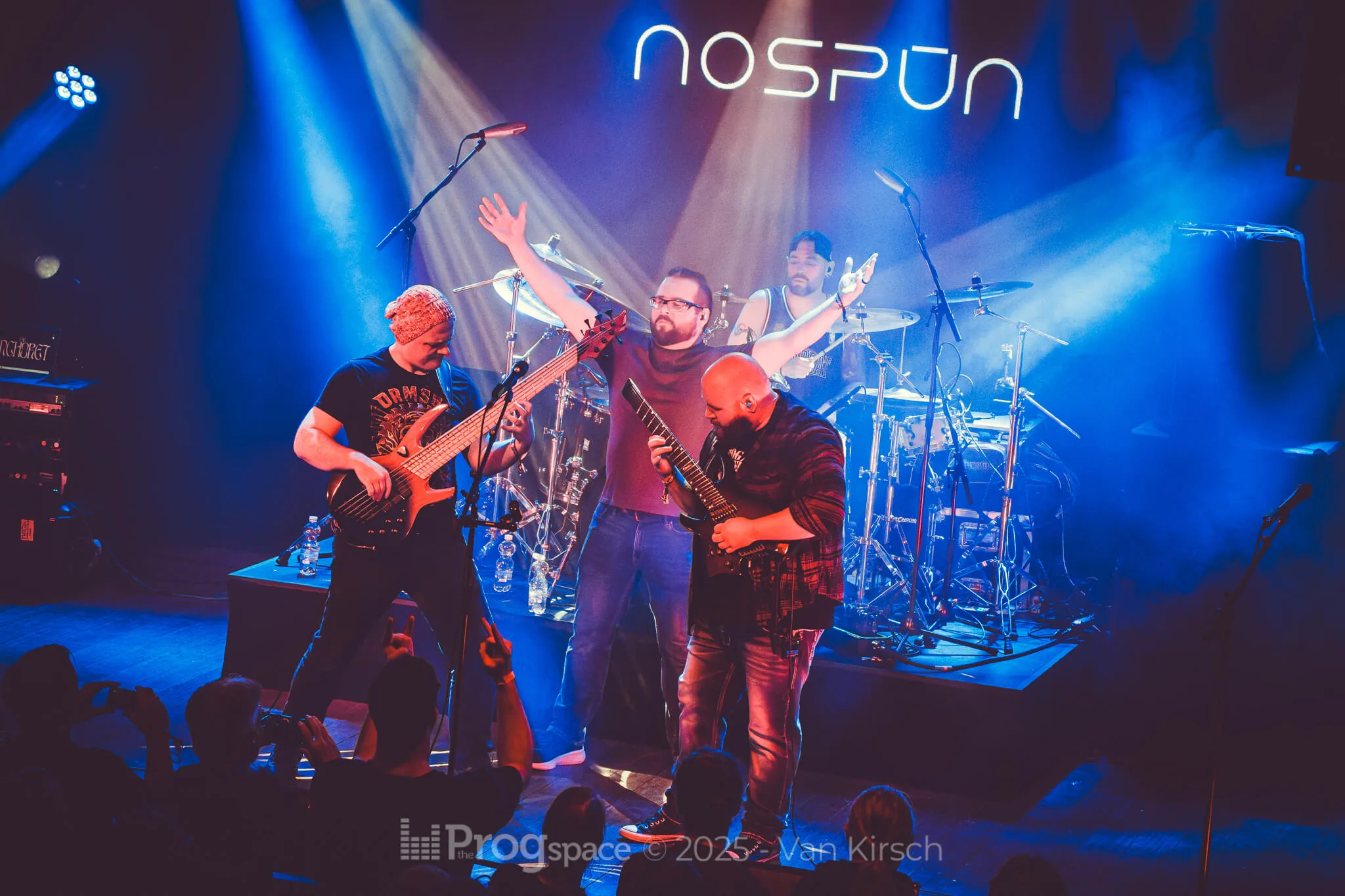
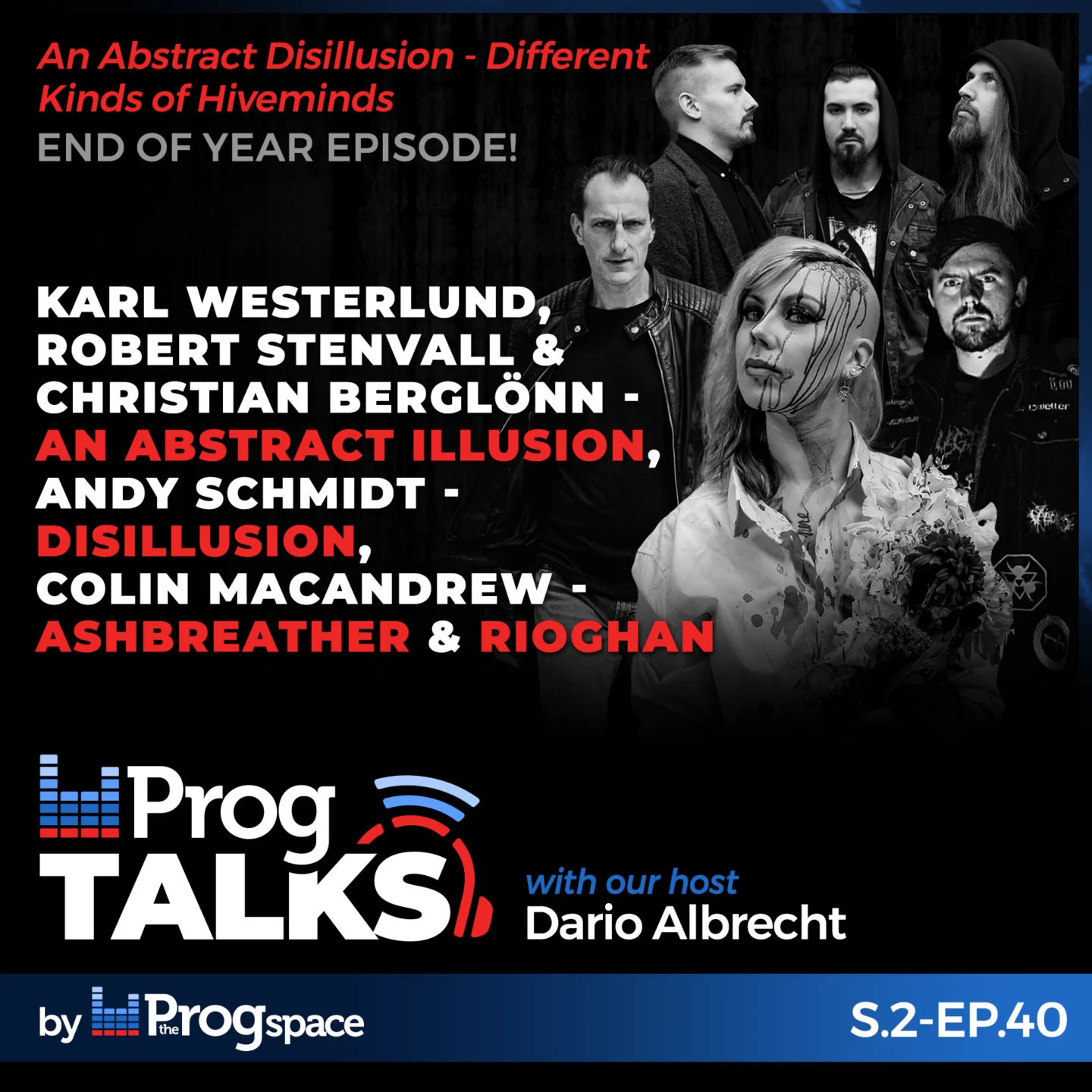
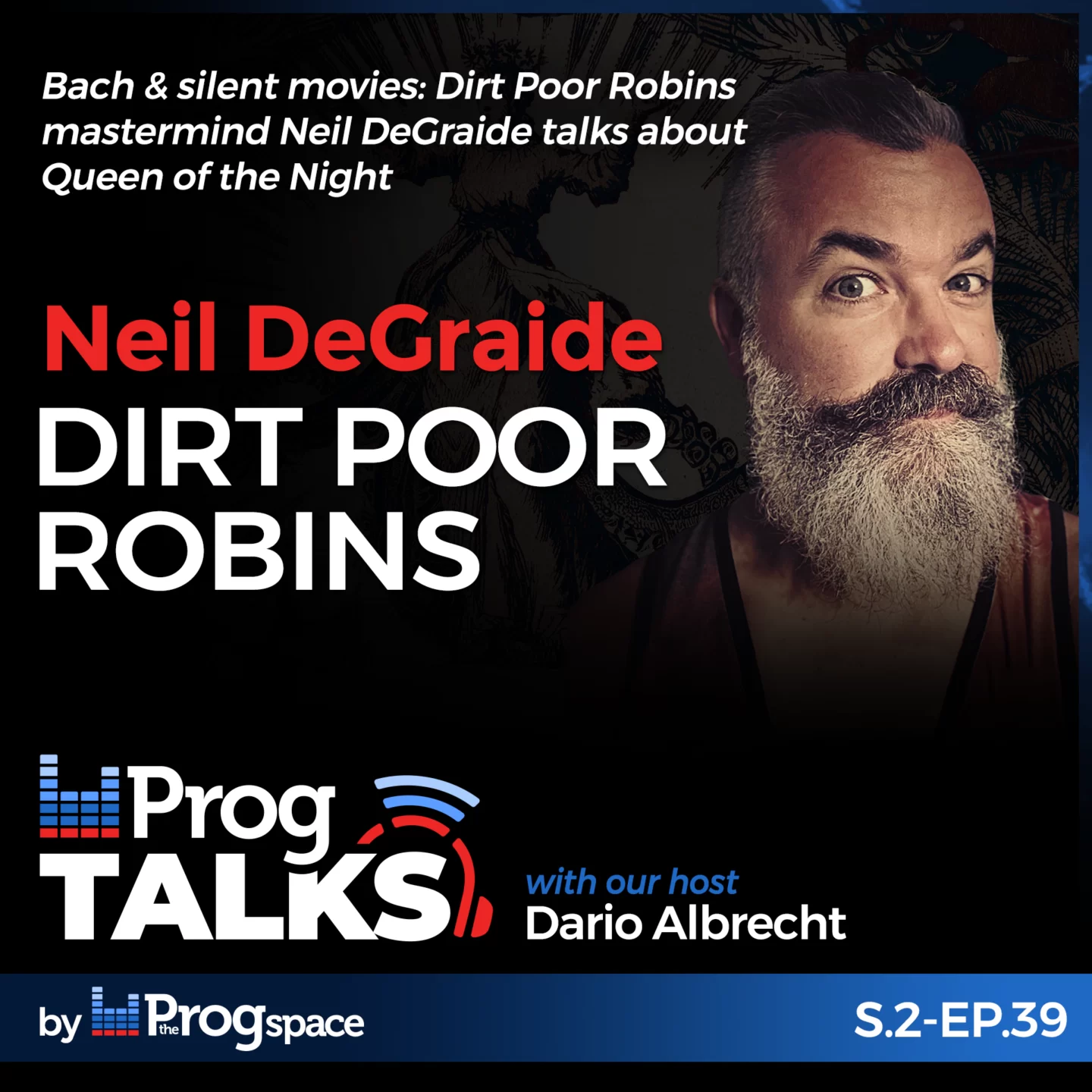
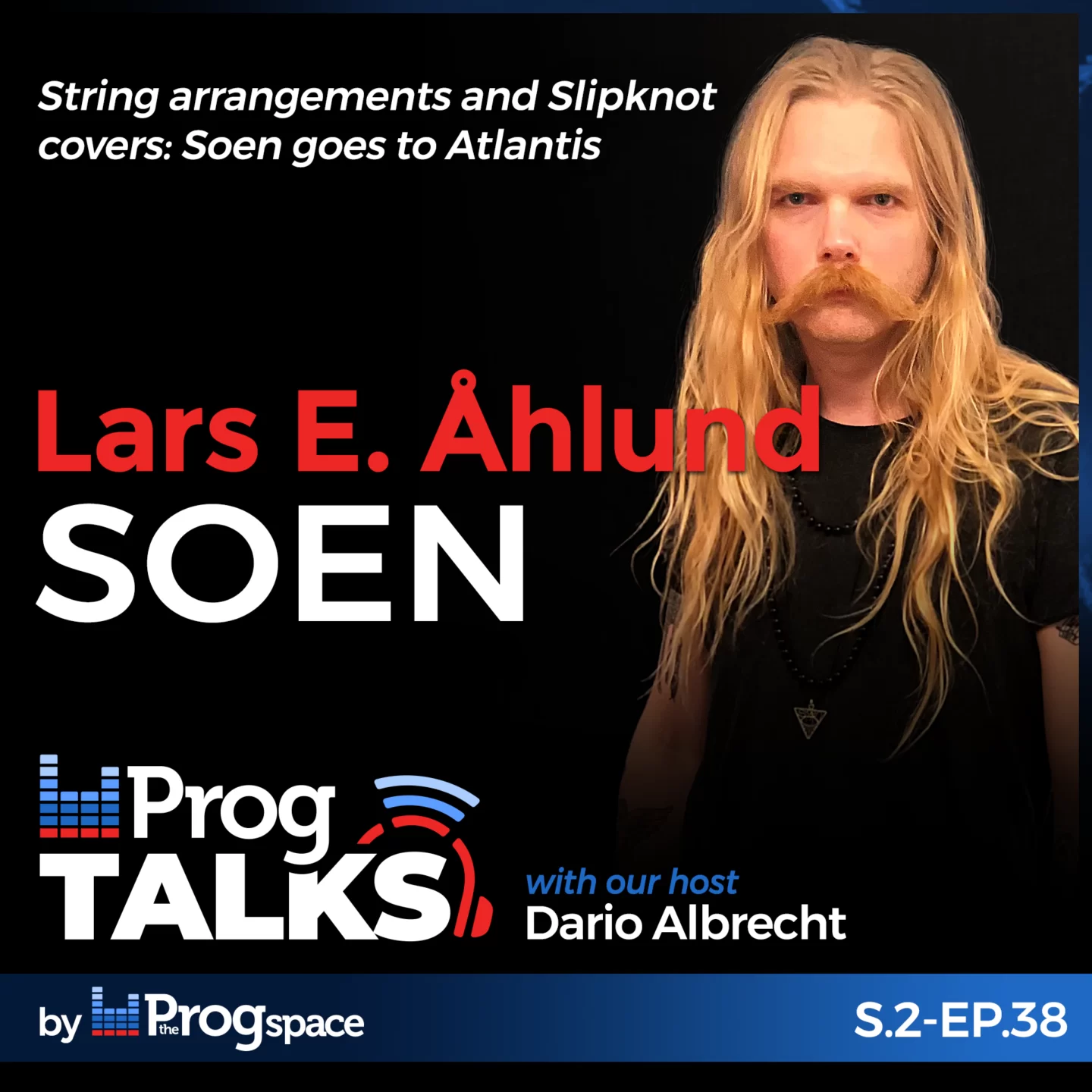
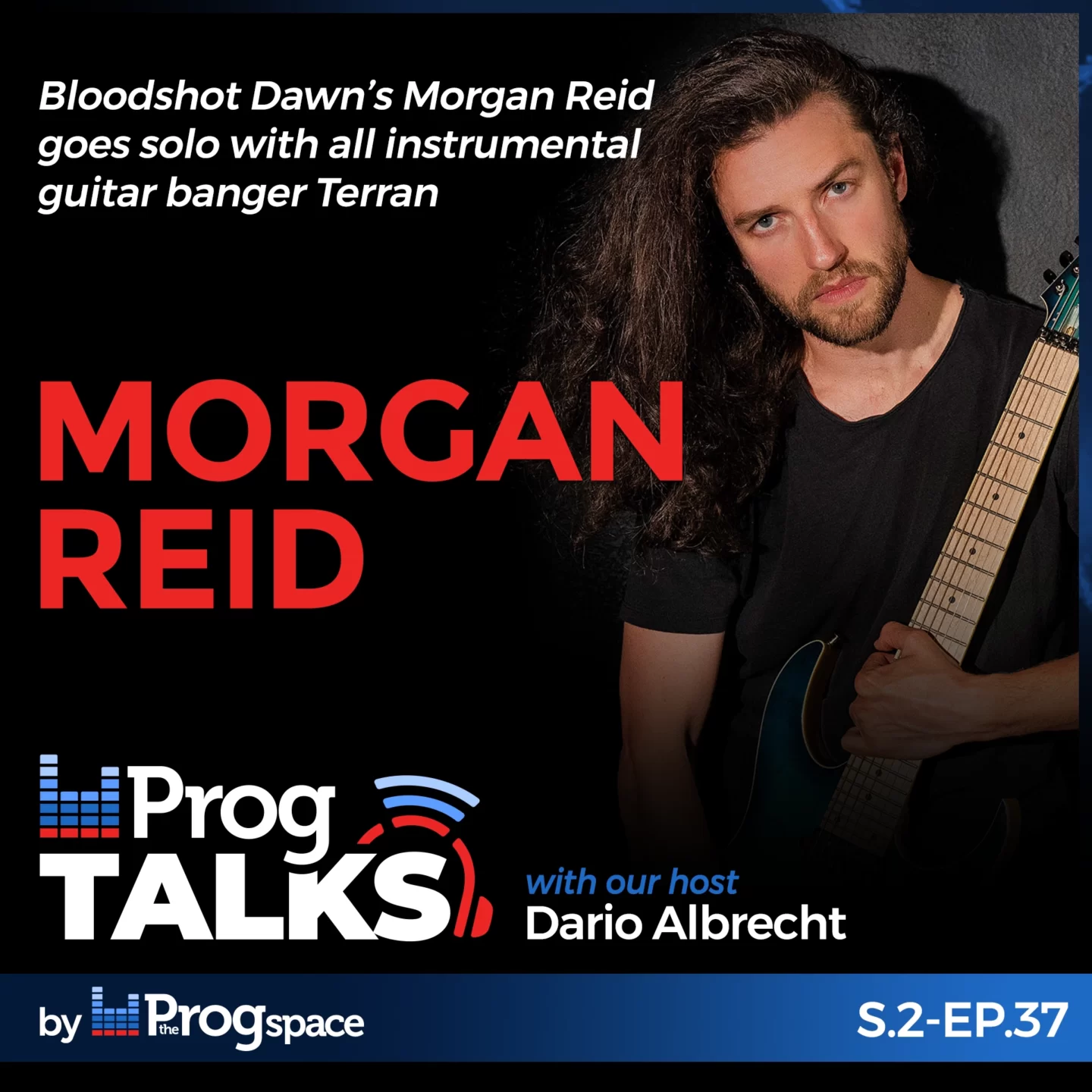
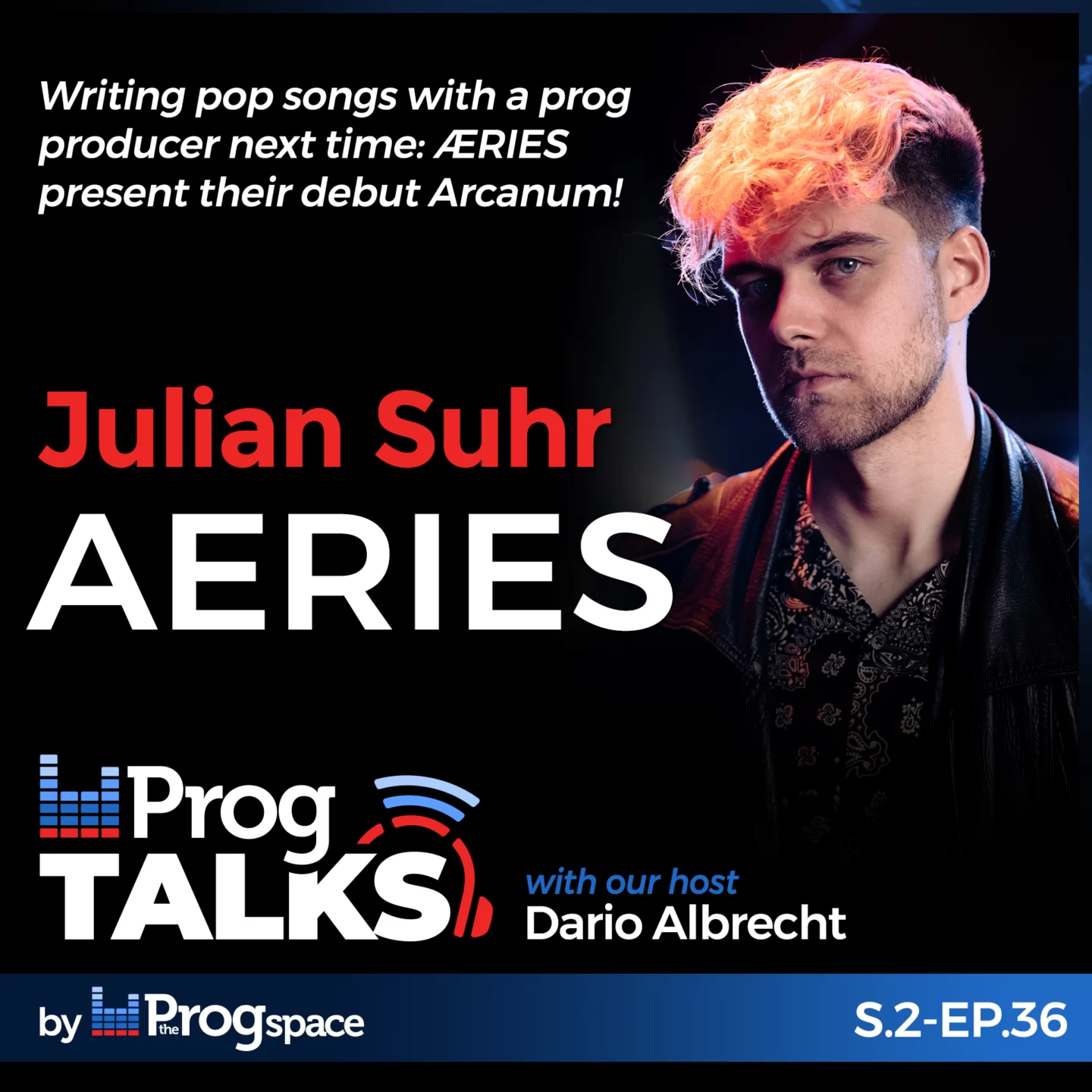

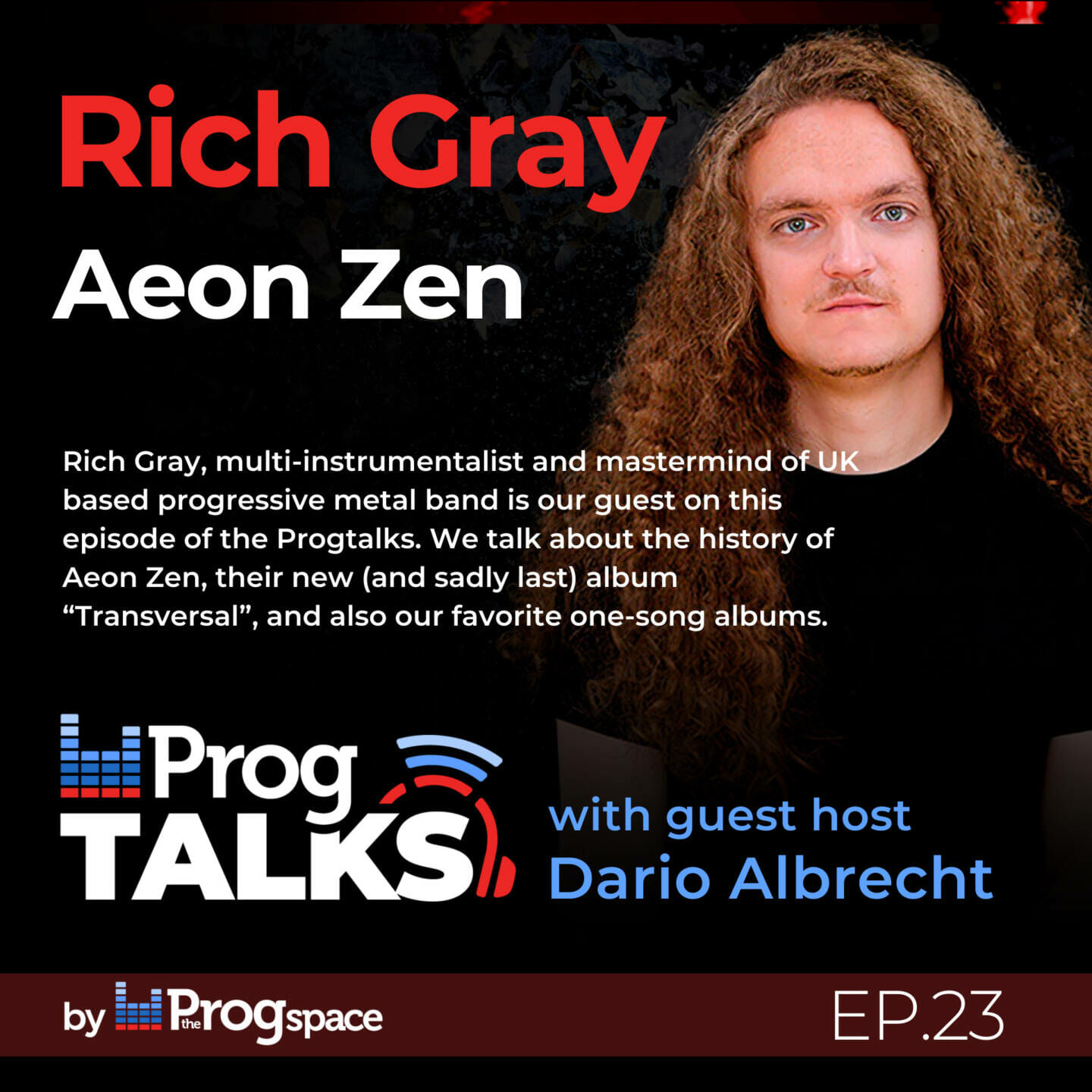


 We’re a group of Prog-lovers who started a journey to share with you our thoughts about albums, concerts, tours and festivals, the photo galleries of the Prog concerts we visit, as well interviews with upcoming or established musicians or prog-related people. Follow our Facebook page for frequent updates and news around the Progniverse.
We’re a group of Prog-lovers who started a journey to share with you our thoughts about albums, concerts, tours and festivals, the photo galleries of the Prog concerts we visit, as well interviews with upcoming or established musicians or prog-related people. Follow our Facebook page for frequent updates and news around the Progniverse.
0 Comments